Why Do Horses Need Their Teeth Floated
Oct 19, 2023 | Super Equestrian
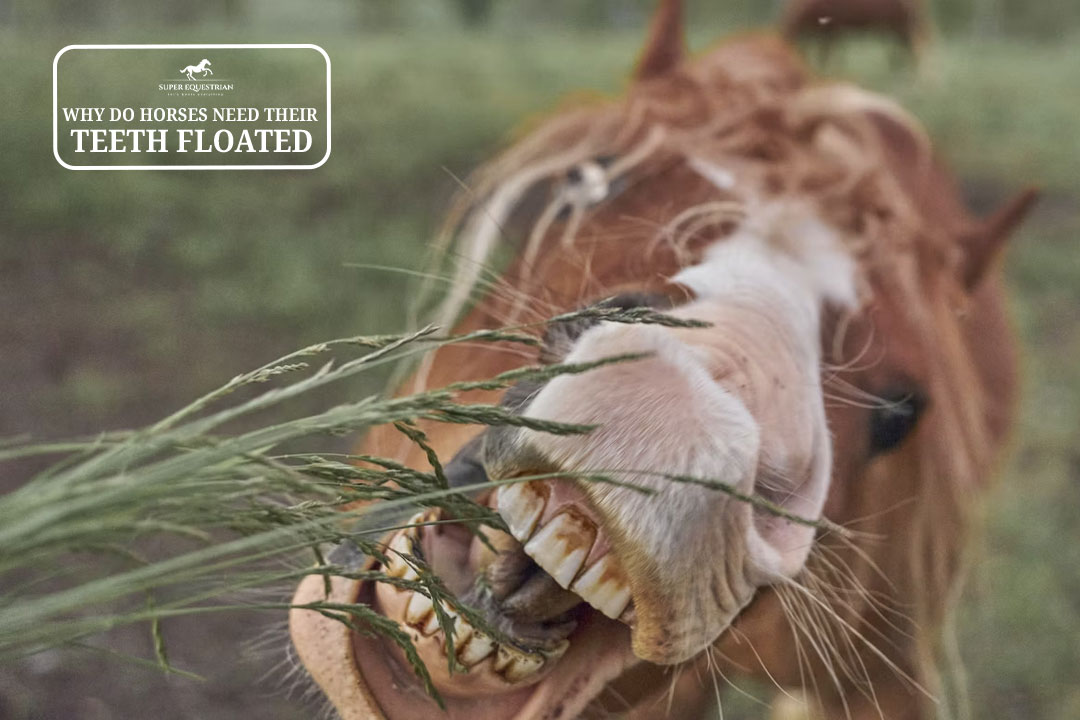
Picture this: A majestic horse galloping through a lush green field, its flowing mane and tail catching the wind. Now imagine the same horse taking a big bite of hay, only to wince in discomfort as it chews.
As surprising as it may seem, even the most magnificent of equines need a little help with their pearly whites from time to time. In fact, horses require regular dental care in order to maintain their health and happiness.
One important aspect of this care is a process called "floating" - but what exactly is it, and why do horses need it?
Horses require dental exams and teeth whitening to avoid pain, difficulty eating, and health issues caused by irregular wear and sharp edges on teeth. Furthermore, dental anomalies can cause health issues.
Oral care is an important part of keeping horses healthy and happy.
Just like people, horses require frequent dental checkups and treatments to ensure that their teeth are healthy and working right. Ignoring dental health can result in a variety of concerns, such as trouble chewing, weight loss, and even behavioral disorders.
In this post, we will explore why horses need their teeth floated. Including the basics of equine dental structure, why they need their teeth floated, what are the signs of dental problems, the floating process and how often horses need teeth floating.
So, get ready to dive headfirst into the complex and fascinating world of equine dentistry!!
Understanding The Basic of Equine Dentistry
Have you ever wondered what horror is lurks inside the horse's mouth? Horse oral anatomy is a complicated and fascinating topic that is critical to a horse's general health. A horse's mouth is filled with a variety of different teeth, each with their own specific feature.
The incisors are used for biting and grasping food, the canines are typically more prominent in male horses and used for fighting or display, and the premolars and molars are used for grinding food. Each type of tooth is uniquely adapted to a specific task, allowing horses to efficiently consume and digest their food.
It is obvious that their teeth are bigger, flatter, and stronger than human teeth, and they don't have enamel on the inside. Horses have more teeth than humans, and to grind and smash food, their lower jaws move back and forth and from side to side.
These differences show that horses need special dental care that meets their unique needs.
Why Horses Need Their Teeth Floated
Despite their amazing size and strength, these beautiful animals are surprisingly fragile when it comes to dental health. Everything about equine dentistry is fascinating, and floating is a critical aspect of maintaining a horse's oral health and well-being. So, what is floating ?
Floating is a popular oral surgery for horses that involves filing down sharp edges on their teeth to ensure even wear and prevent discomfort or difficulty eating. Here are some reasons why horses teeth should be floated to preserve good dental health:
- Natural uneven wear: Horses' teeth grow and change frequently during their lifetimes, but wear unevenly depending on how they feed. As a result, sharp points and edges can form on the horse's teeth, making eating unpleasant.
- Dental abnormalities: Dental abnormalities in horses, such as hooks, ramps, or waves, can cause discomfort, difficulties feeding, and other health problems.
- Age-related Dental Changes: As horses get older, their teeth may become loose, move position, or develop other concerns that need floating.
- Problems caused by domestication: Domestication not only changes a horse’s diet and lifestyle but also causes a variety of dental problems such as malocclusion, tooth decay, periodontal(gum) disease, and EOTRH.
- Performance Issues: Dental issues can badly affect a horse's performance, causing irritation, pain or soreness. Floating can help prevent these issues and ensure that the horse performs at its best.
But failing to float a horse's teeth can have significant consequences for their health and well-being, including their malnutrition, behavioral issues, poor performance and potentially dangerous diseases.
Common Signs That a Horse Needs Dental Care
Horses are masters at hiding discomfort and pain. making it difficult for owners to recognize when their horses are suffering from dental problems.
However, there are various symptoms that a horse needs dental care.
As responsible horse owners, we must be aware of these signs to ensure that our equine companions receive the necessary dental treatment. Let's look at some of the most common symptoms-
- Difficulty eating or dropping feed: A horse with dental problems may have difficulty chewing or may drop food while eating.
- Weight loss: Even if a horse is provided the same quantity of food, difficulty eating or a lower appetite might lead him to lose weight.
- Foul odor or discharge: Dental problems can result in foul smell, pus, or other discharge around the horse's mouth.
- Resistance to the bit or riding equipment: Resistance to riding equipment can also be a sign that a horse is experiencing dental issues. They may resist to bits, toss their head, or try to avoid contact with the rider's hands.
- Facial swelling: Swelling around the horse's face or jaw might be caused by advanced dental disorders.
- Head tilting or shaking: A horse suffering from dental problems may eat with their head tilted or shift food to one side of their mouth. In addition, it may irritate them and cause them to behave strangely for example, headshaking, rearing, or pacing.
Rearing is a dangerous behavior that can put both horses and riders at risk. If you're struggling with a horse that rears, it's critical to identify the underlying issues and take corrective action.
For more information on how to stop rearing horses, check out our article on how to stop a horse from rearing! We've gathered professional advice and insights to help you understand and manage this difficult behavior.
We hope that this overview of common signs that a horse needs dental care has been helpful. To learn more about these signs and how to detect them, we have attached a video link Signs horses need their teeth floated that will provide a visual guide to the signs of dental issues in horses.
The Floating Process: How Equine Teeth are Floated
After understanding why horses need their teeth floated and the frequent symptoms that a horse requires dental care, it's time to get into the floating method. You might be wondering how horse teeth are floated and what goes into this important dental procedure.
In this section, we'll look more closely at the floating procedure, from the tools used to the methods required to maintain your horse's teeth healthy and effective. Here are the basic steps involved in floating a horse's teeth-
- Sedation: A horse is sedated and fitted with a speculum to perform a dental checkup and float its teeth. The speculum keeps the horse's mouth open, allowing access to the teeth. After that, the veterinarian or equine dentist may inspect the teeth and identify any problems that need to be addressed.
- Examination: The veterinarian or dental technician thoroughly examines the horse's teeth and mouth using a strong light and a dental mirror, looking for any concerns that need to be treated.
- Correction of issues with hand or power tools: Using a float, which is a specialized dental tool, the technician will gently file down any sharp edges, hooks, or other abnormalities in the horse's teeth, working carefully and precisely to prevent harming the teeth or gums.
- Smoothing: After making the necessary changes, the technician will use the float to smooth down the surface of the teeth, resulting in a more equal surface that promotes better chewing and digestion.
- Aftercare and monitoring: Finally the last step is post-procedure care. After the floating is completed, the horse will be carefully monitored as they wake up from sedation. Additionally, any further treatment or follow-up care that is needed will be discussed with the owner.
If you're having difficulty understanding the floating process, don't worry - we've got you covered. To help you understand more clearly, we've included a video that will make the process much easier to follow Equine dentistry demonstration
How Often Should a Horse's Teeth be Floated
As the old saying goes, 'an ounce of prevention is worth a pound of cure.' When it comes to your horse's dental health, this couldn't be more true. So, how often should a horse's teeth be floated? The answer is simple: it depends.
The frequency with which a horse's teeth must be floated depends on a variety of circumstances. Including the horse's age, health, diet, dental health history and others. Most horses need dental checkups and teeth floating once or twice a year. However, certain horses may require more regular inspections and floating than others. Let’s have a look over these factors -
- Horse’s Age: Immature horses under the age of five may require more frequent tooth flotation since their teeth are still growing and changing. Initially, they may need to be floated every 6-12 months.
Due to natural wear and tear on their teeth, senior horses over the age of 20 may only require tooth flotation once per year, or every 18-24 months.
- Health conditions: Certain health conditions, such as periodontal disease or tooth decay, can affect a horse's teeth and require more frequent dental care.
- Horse’s diet: Horses on high roughage diets may need more frequent dental care. In particular, horses that consume hay or have dental abnormalities may need more frequent care than horses with pasture access.
- Performance demand: Horses used for high-performance activities may require more frequent tooth flotation to preserve their ability to perform well.
- Dental health history: A horse's oral health history might also affect how often they need their teeth floated, since past dental issues or treatments may need more regular check-ups.
Preventative care and regular dental screenings are critical for a horse's general health and well-being. For example, routine flossing and addressing nutritional demands can assist ensure that the horse's teeth remain healthy and functional.
If you're interested in learning more about how often horses need their teeth floated based on various factors, it can be helpful to hear from an experienced veterinarian. To get a better understanding, be sure to check out our helpful video How often a horse needs teeth floated .
Enclosure
Horses require tooth flotation to stay healthy, happy, and comfortable.
Sharp points and uneven wear on a horse's teeth can cause pain and difficulties eating over time. A veterinarian or equine dentist may assist keep a horse's teeth in good shape by filing down these rough edges, allowing them to eat, ride, and play with ease.
So if you want your four-legged friend to stay strong and healthy, make sure to schedule a dental check-up and float!
And please share your valuable thoughts and opinions about horse’s teeth floating in the comment section.
Recent Blogs
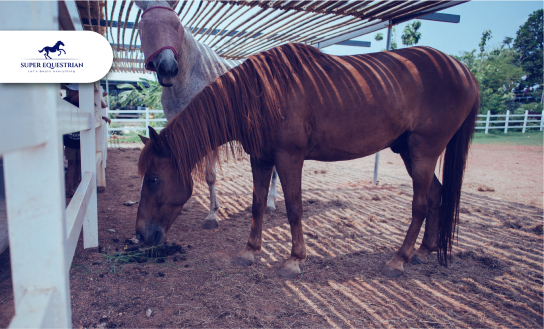
Common Equine Diseases and How ...
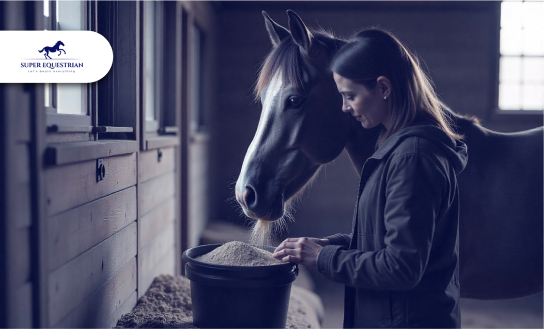
Equine Health Supplements: What Every ...
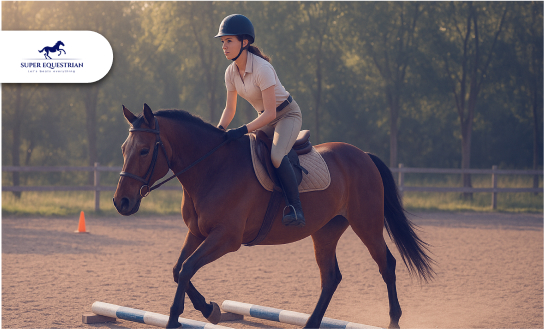
Jumping Basics: How to Prepare ...
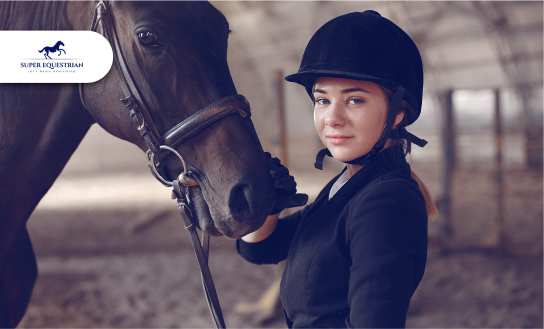
Essential Horse Riding Gear for ...
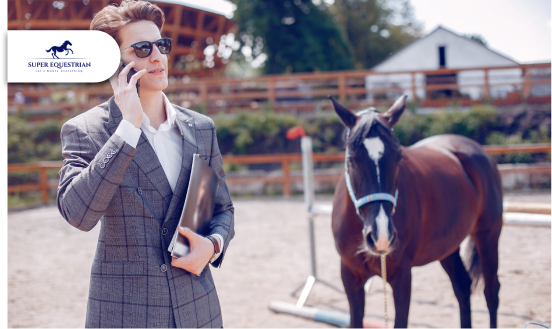
How to Balance Work, Life, ...

How to Balance Work, Life, ...
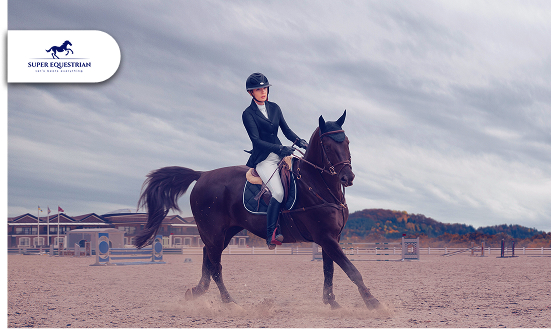
Top 5 Exercises to Improve ...
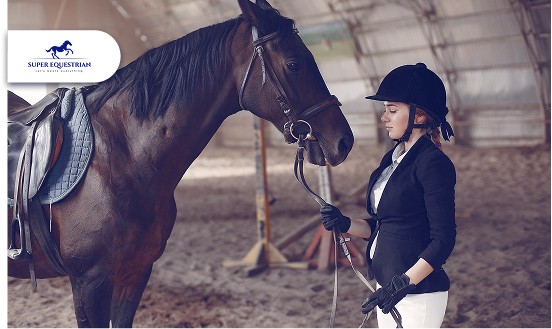
How to Build Confidence as ...
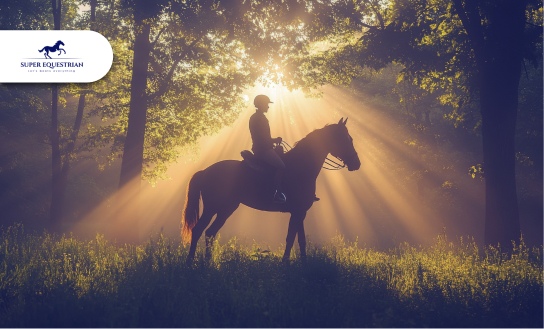
Spotlight on Equestrian Legends: Riders ...
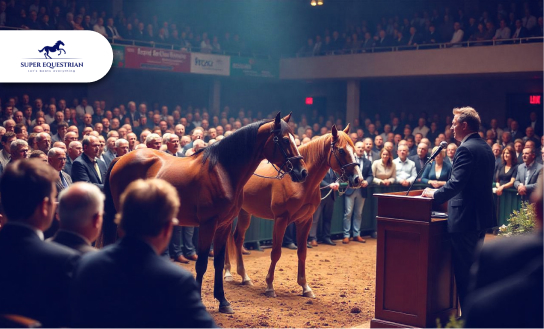
Horse Auctions and Sales...

Top Horse Friendly Travel Destinations ...

How to Build Stronger Bonds ...

Upcoming Horse Shows and Competitions ...

MIPS Equestrian Helmet The Future ...
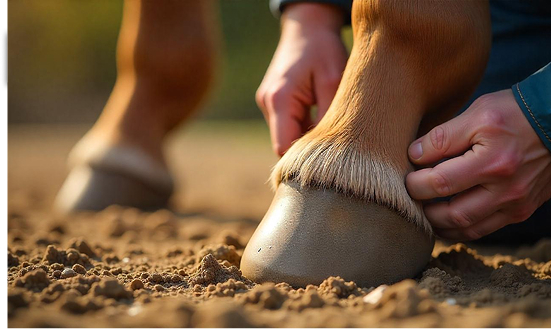
How to Recognize and Treat ...
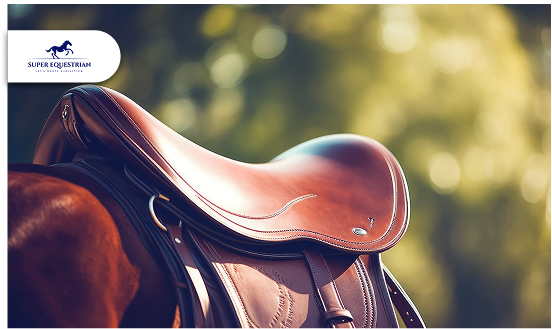
How to Choose the Perfect ...
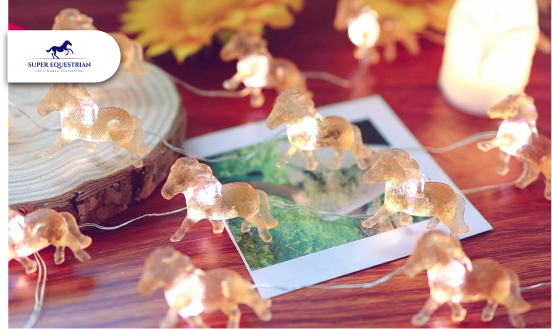
Horse-Themed Gifts Unique Ideas ...
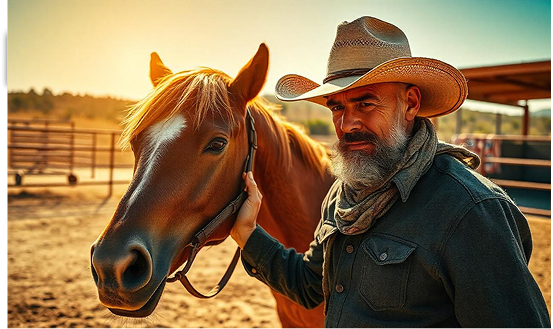
Horse Training Techniques: Creating A ...
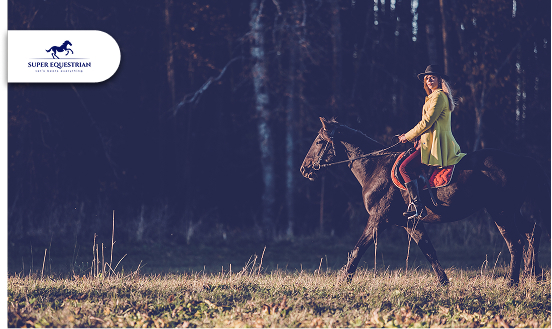
Horseback Riding Lessons – Everything You ...
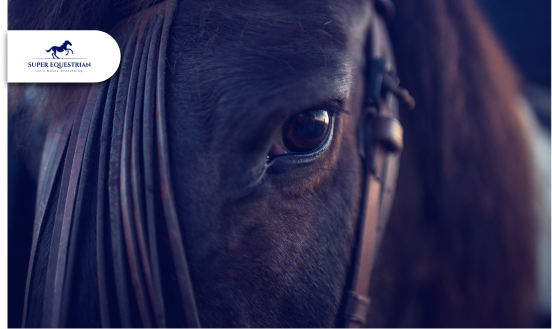
Horse Photography Tips: Learn the ...
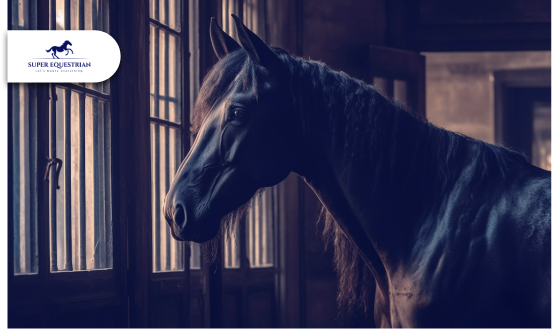
Horse Stable Management: The Quiet ...
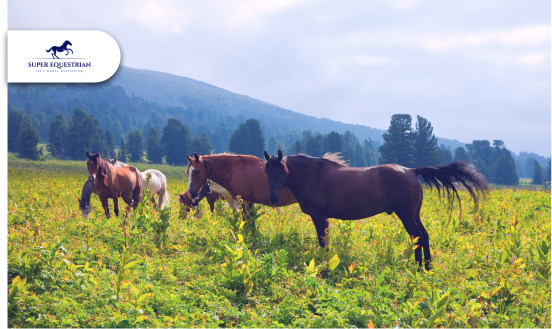
Horse Rescue Organizations: A Profound ...
Horse Racing Events A Look ...
Best Horse Manure Fork Six ...
What Are The Rarest Horses ...
What Does It Mean When ...
Horse Insurance Providers This Is ...

Horse Behaviour and Psychology: Learn ...

How Much Does a Horse ...
.jpg)
Best Monoflap Saddles For Your ...
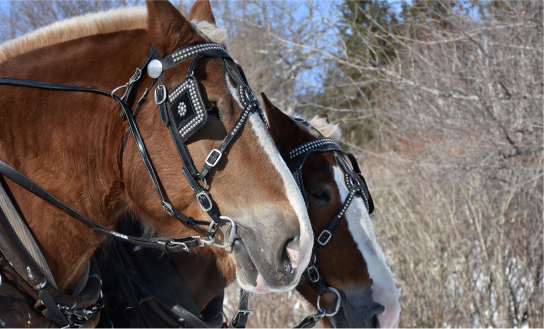
Best Hackamore For Barrel Racing...
.jpg)
Best Barrel Racing Reins Top ...
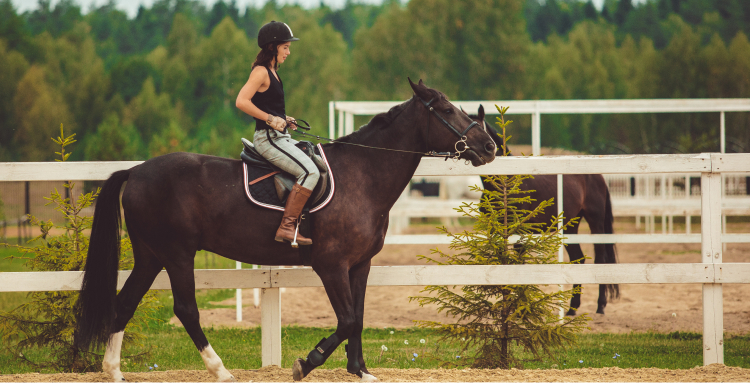
Horse Anatomy And Physiology: Facts ...
.jpg)
Best Stirrups For Ankle Pain - ...
.jpg)
Horse Care Tips and Tricks: ...
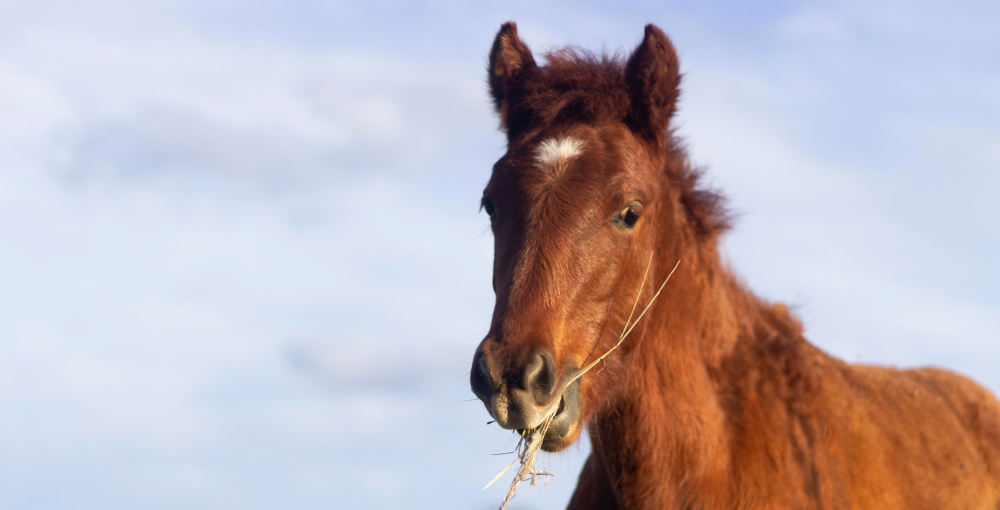
What Do Wild Horses Eat- ...
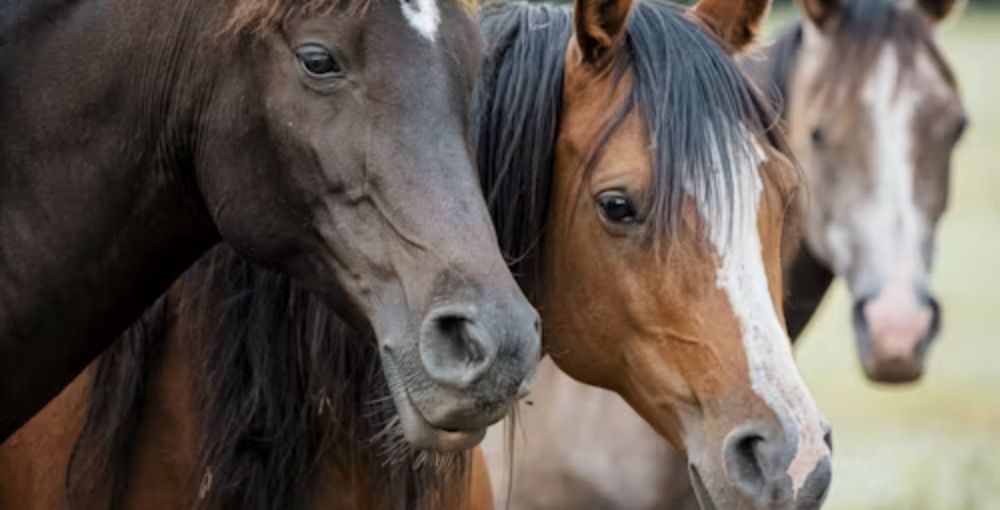
Horse Breeds and Characteristics: How ...
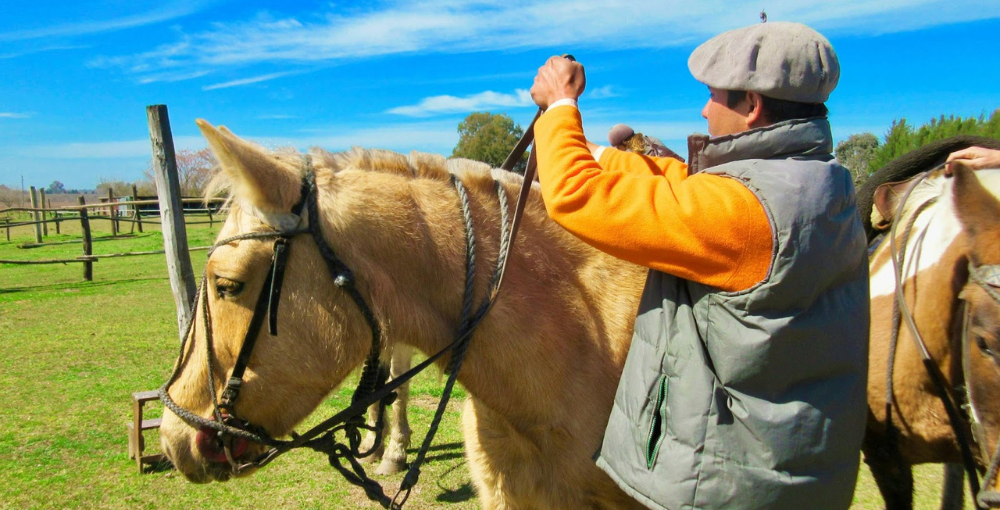
Best Barrel Racing Reins - Top ...

Horse Breeds and Characteristics: How ...
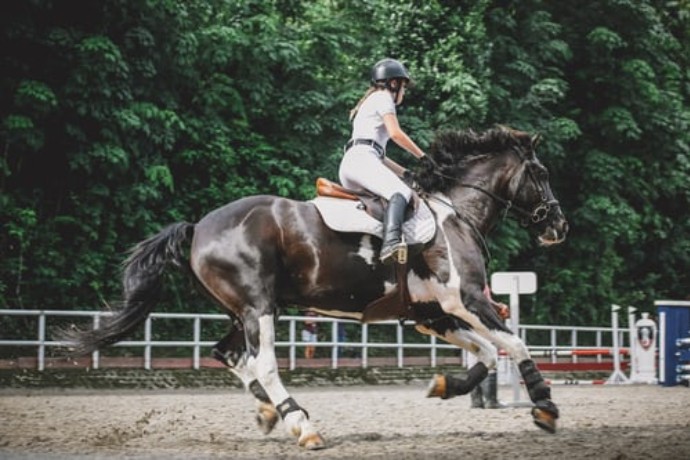
Best Breeches For Curvy Riders...
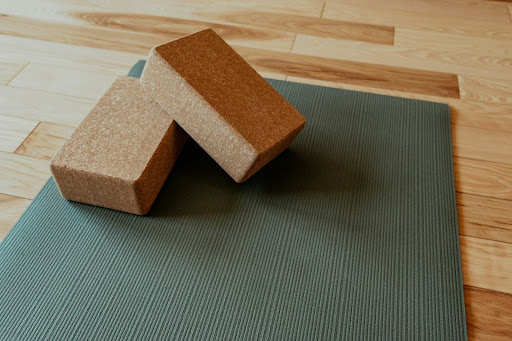
Best Stall Mats For Horses - ...

Best Horse Brushes ( A Thread ...

Best Saddle Rack ( Keep Your ...

Best Bit For Training a ...
.jpg)
10 Morgan Horse Show Held ...
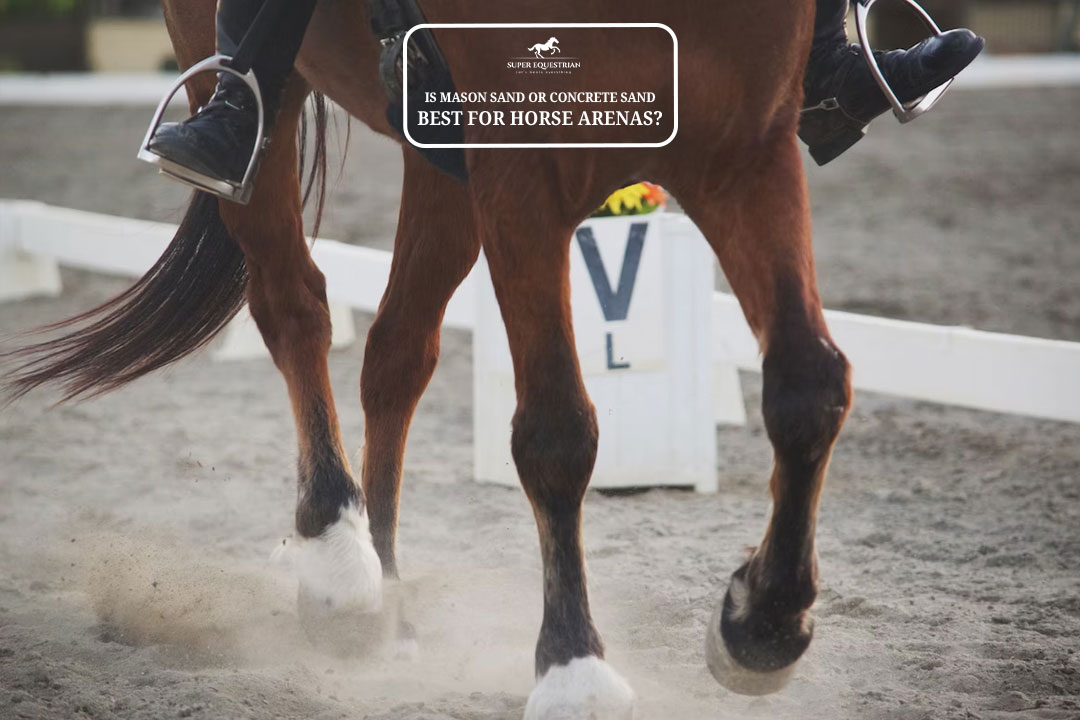
Is Mason Sand Or Concrete ...
.jpg)
Best Girth For Your Horse ...
.jpg)
Ranch Cutter vs Cowhorse Saddle? ...
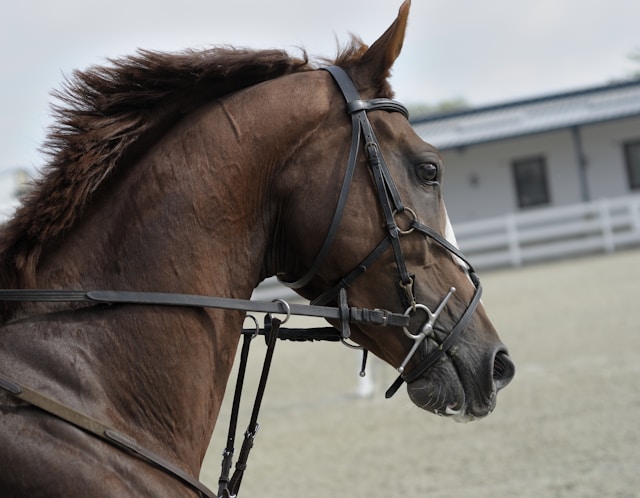
Types of Horse Bit and ...
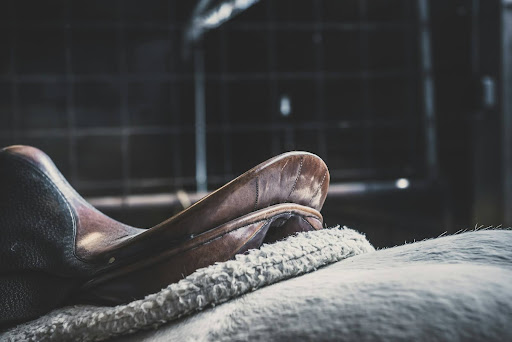
Is Hilason a Good Saddle ...
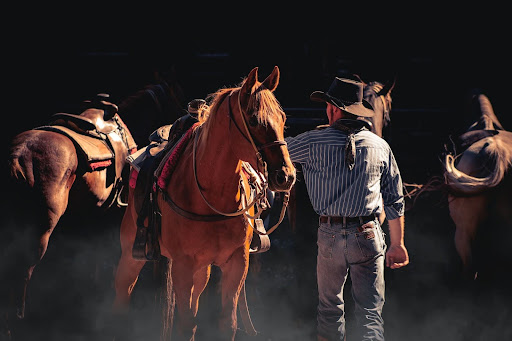
How to choose a bit ...
.jpg)
Best Salt Blocks For Horses...
.jpg)
Types of Horse Brushes (Equine ...
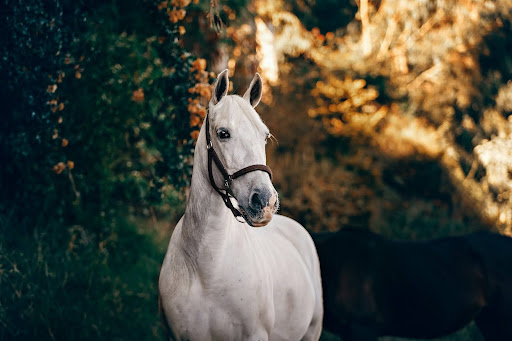
How To Get a Horse ...
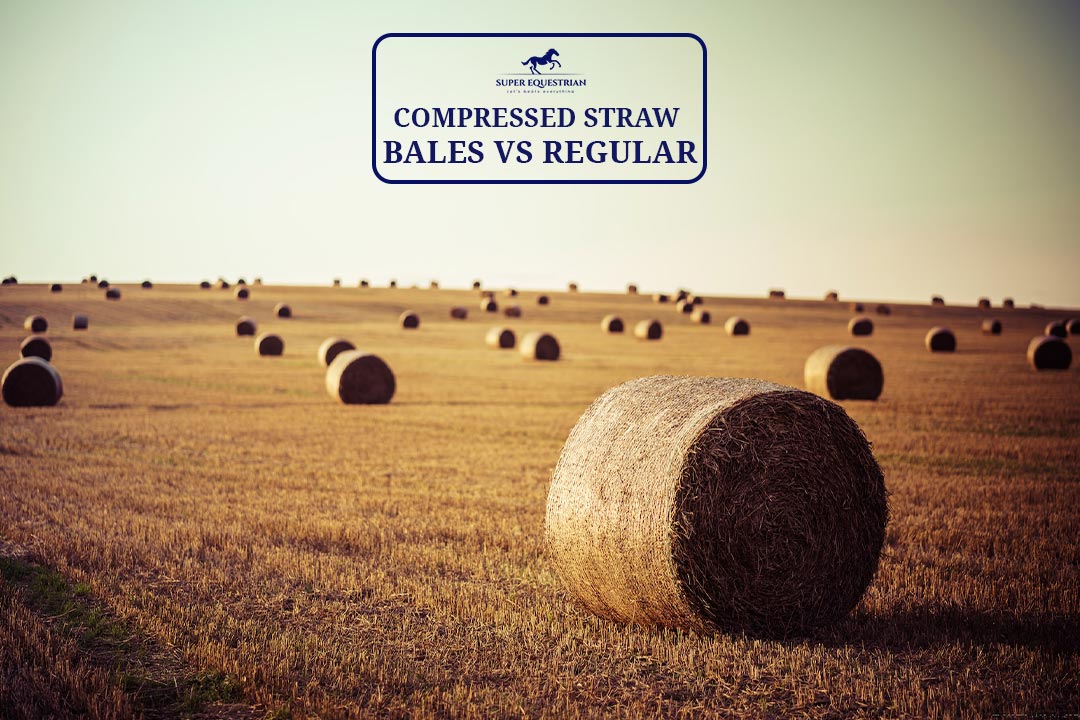
Compressed Straw Bales Vs Regular? ...
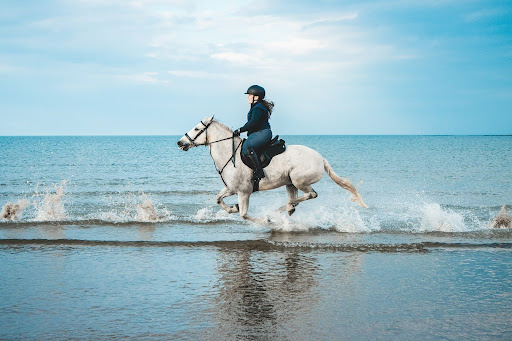
Horse Riding Lessons For Intermediate ...
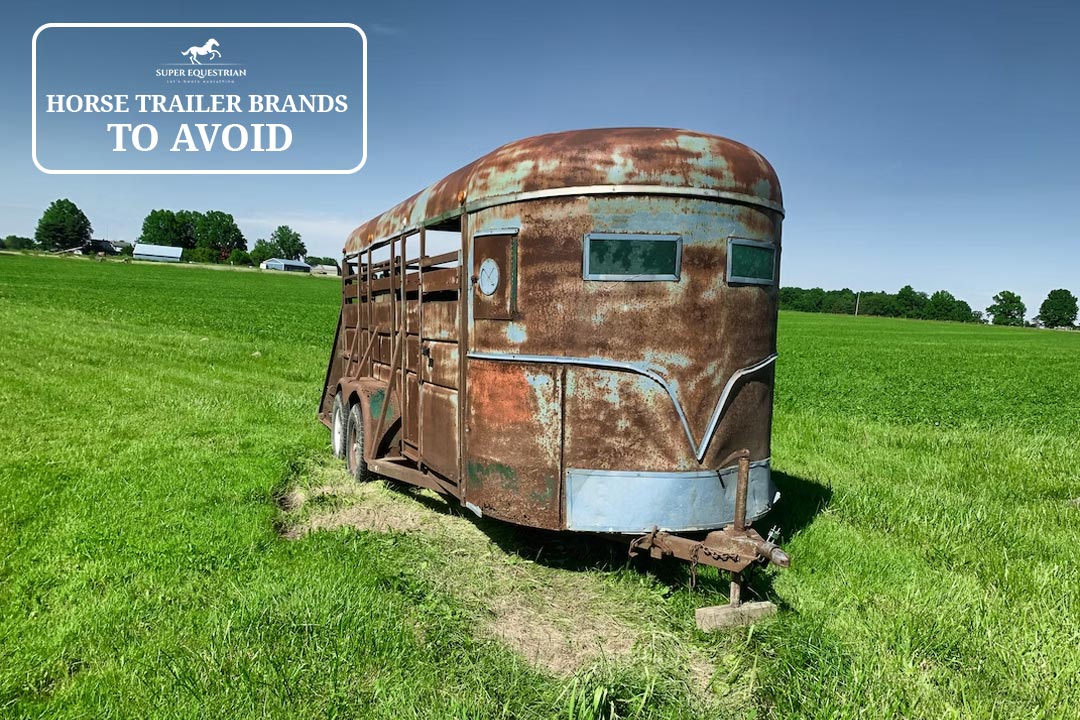
Horse Trailer Brands To Avoid...

Strawberry Roan vs Red Roan? ...
.jpg)
Gelding vs Stallion...
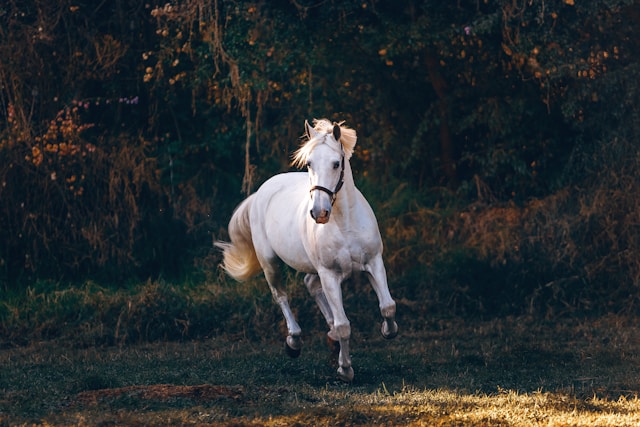
Why Does a Horse Whinny? ...
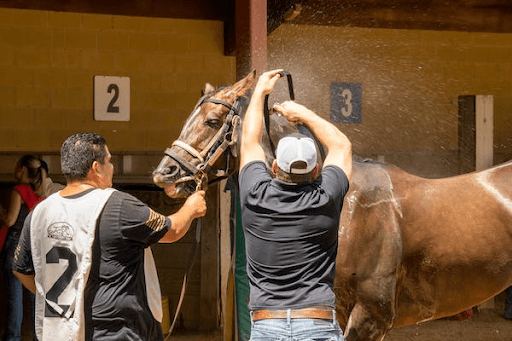
How to Clean a Rusty ...
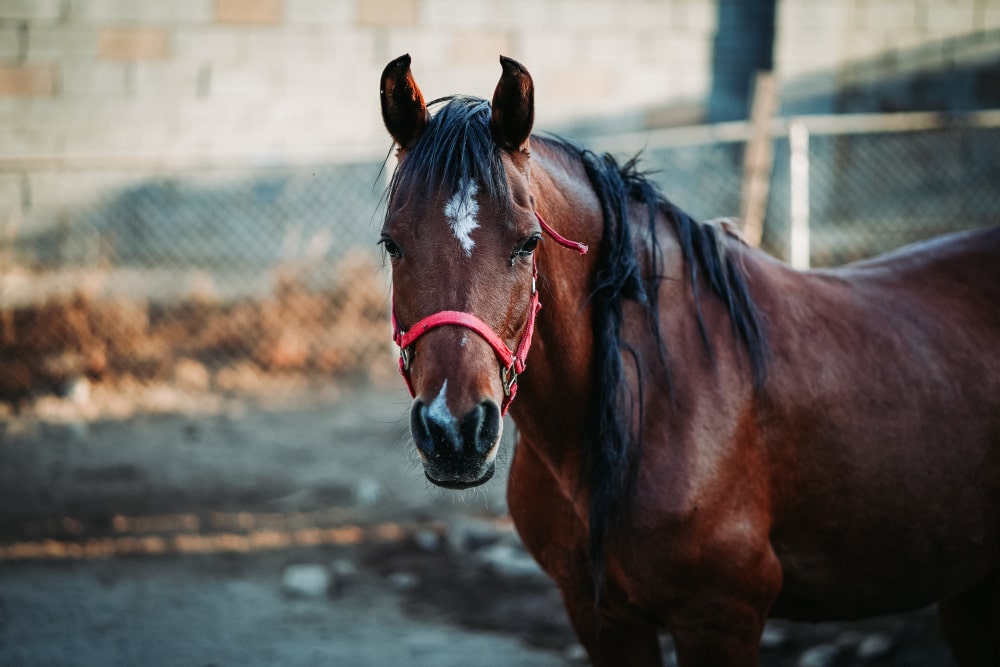
Why Do Horses Foam at ...
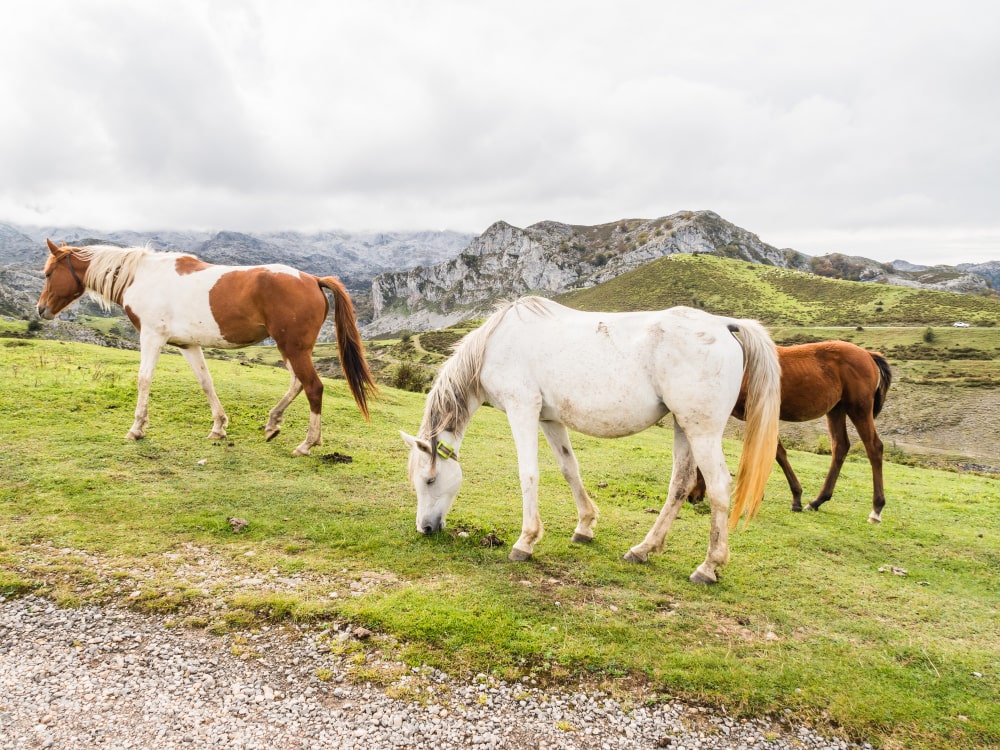
Why Do Horses Bob Their ...

Nutrition Unveiled: Triple Crown Senior ...
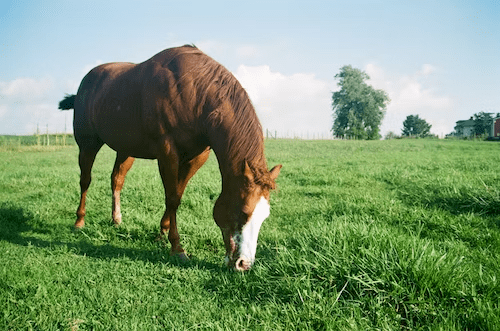
Pasture Pro Vs. Grazon: Horse-...
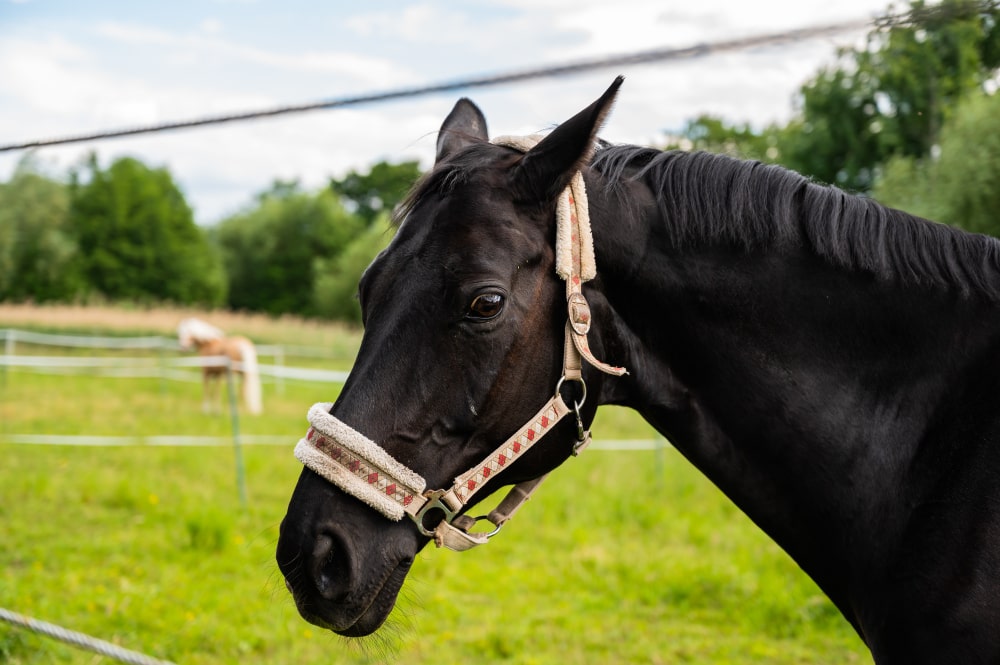
Dutch Gag Vs. Pelham: Bits ...
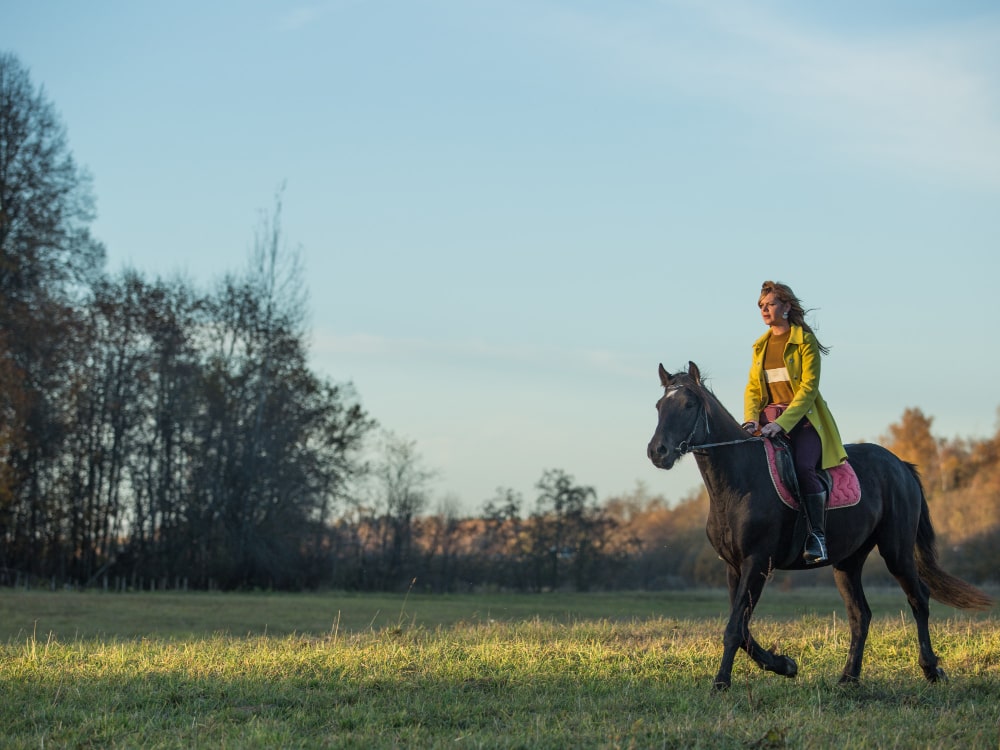
Walking Horse vs Racking Horse: ...
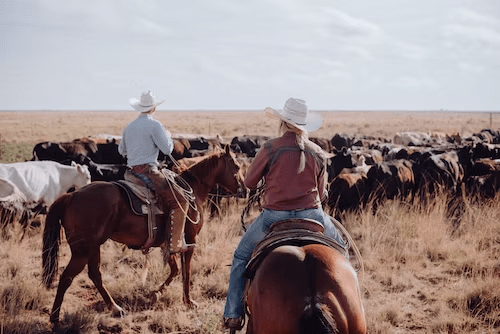
Wade vs Association Saddle: Your ...
.jpg)
Step Up vs Ramp Horse ...

Bosal vs Hackamore: A Head-...
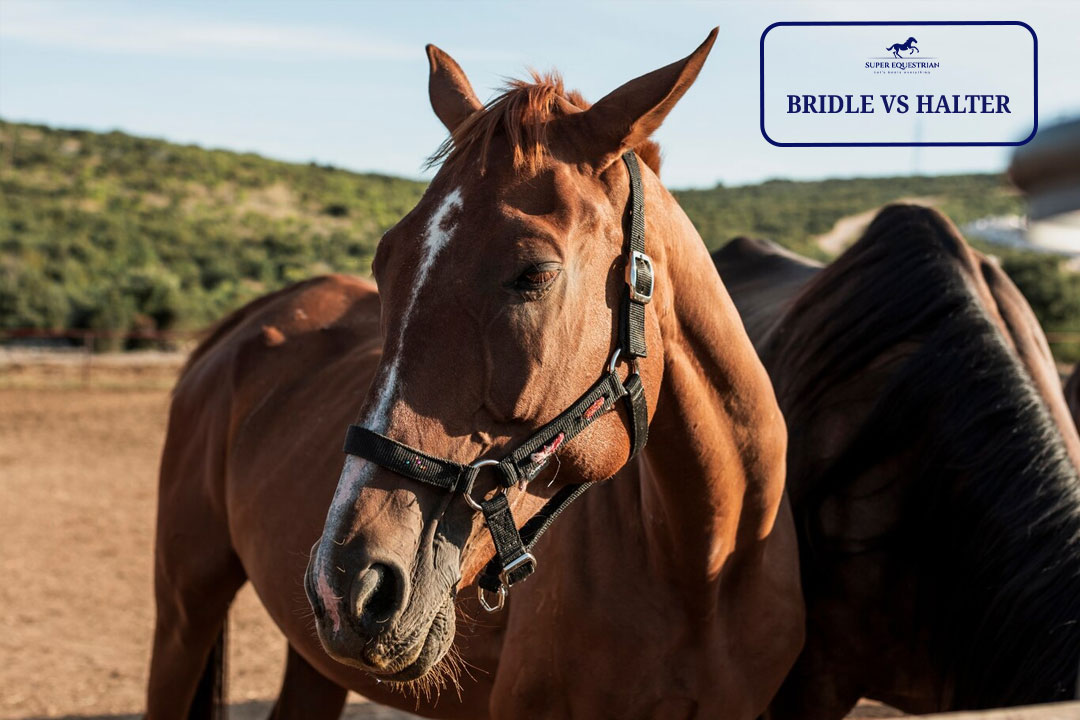
Bridle Vs Halter: Which One ...

Paddock Boots Vs Riding Boots: ...

Shadow Horse Trailer Problems: Causes, ...
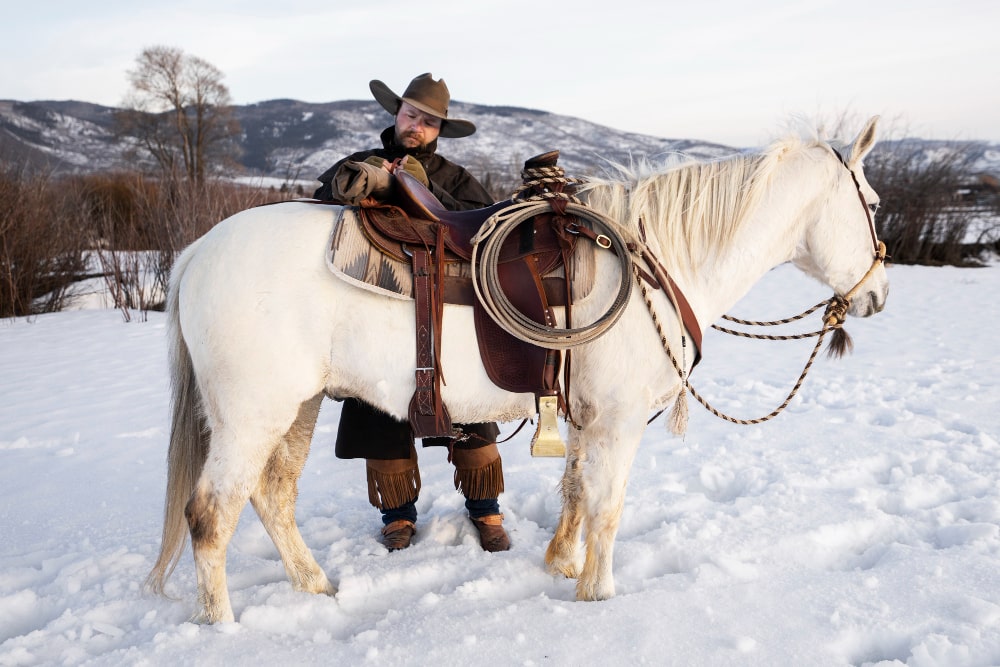
Are Billy Cook Saddles Good - ...

Let's Start at the ...
Benefits of Beet Pulp for ...
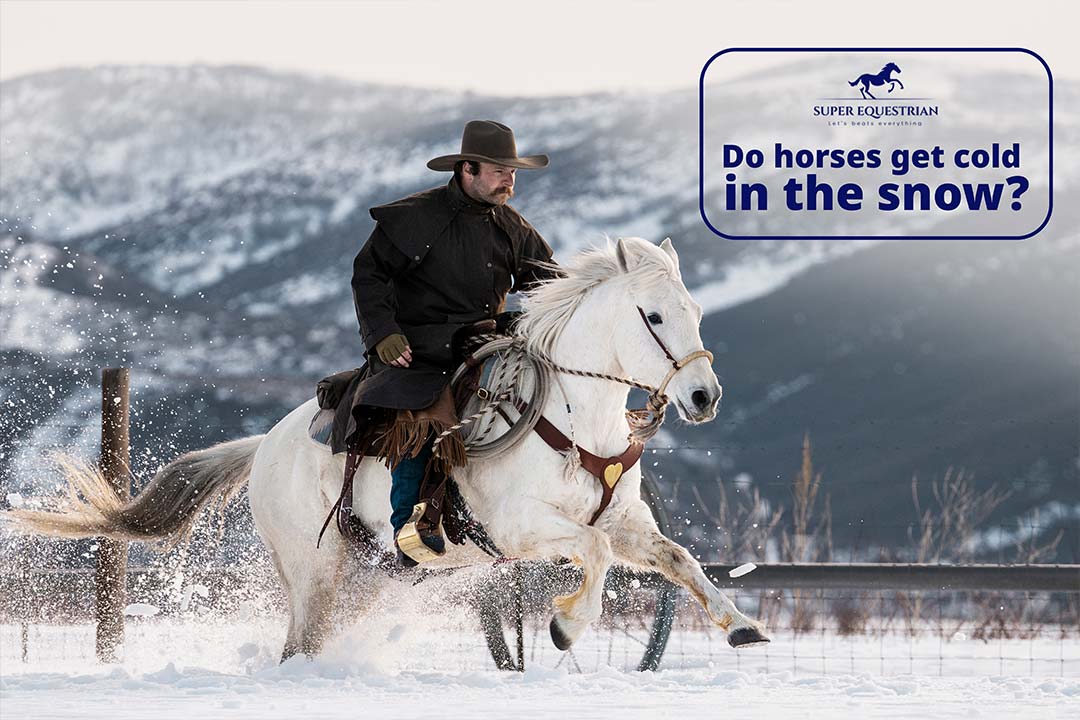
Do horses get cold in ...
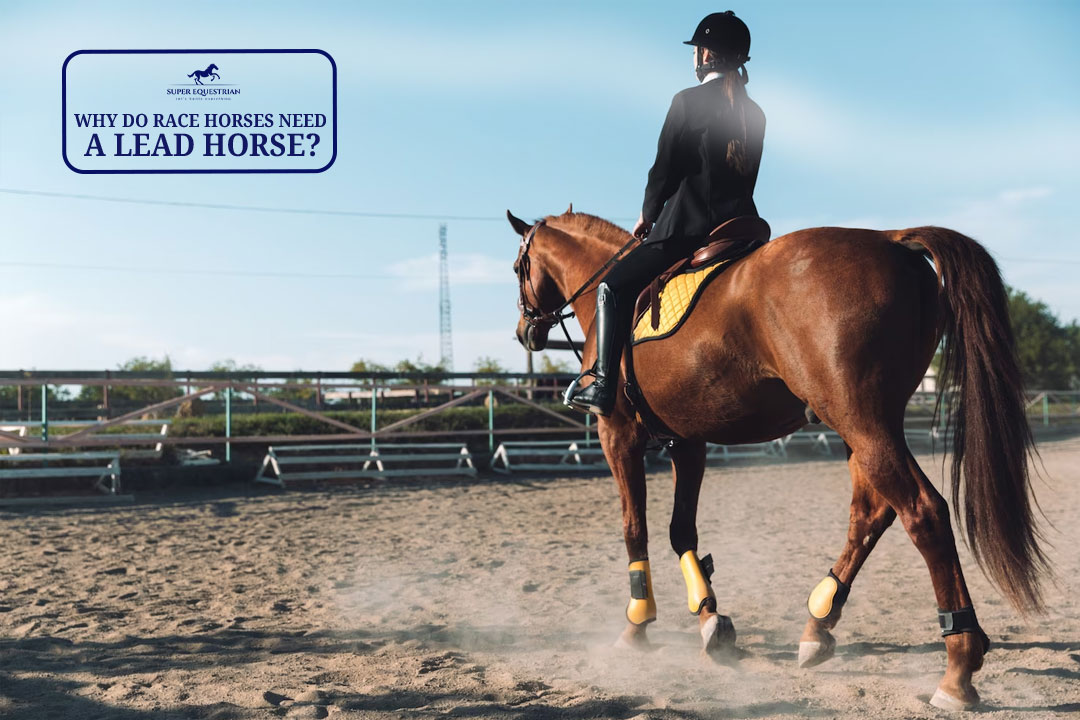
Why Do Race Horses Need ...
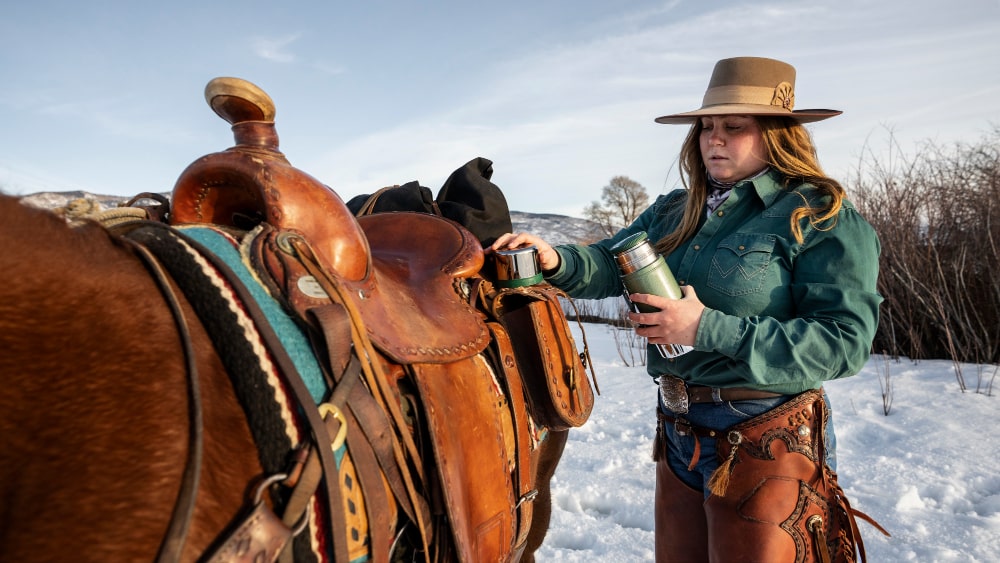
Ranch Saddle vs. Roping Saddle: ...

Round Pen vs Square Pen ...

Must Have Horse Trailer Accessories: ...
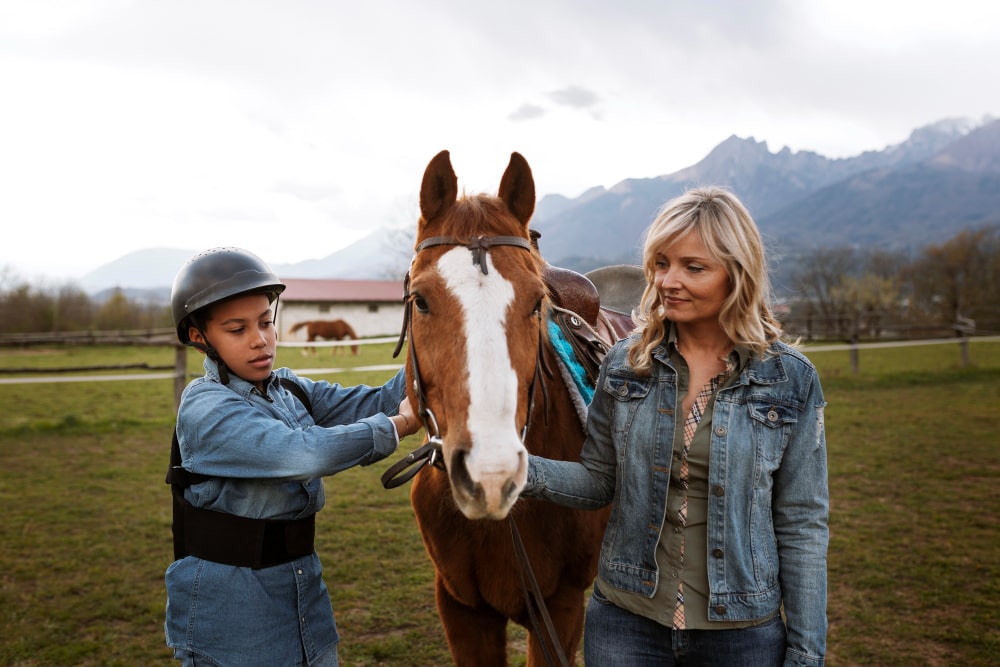
Is MIPS Worth for Equestrian?...
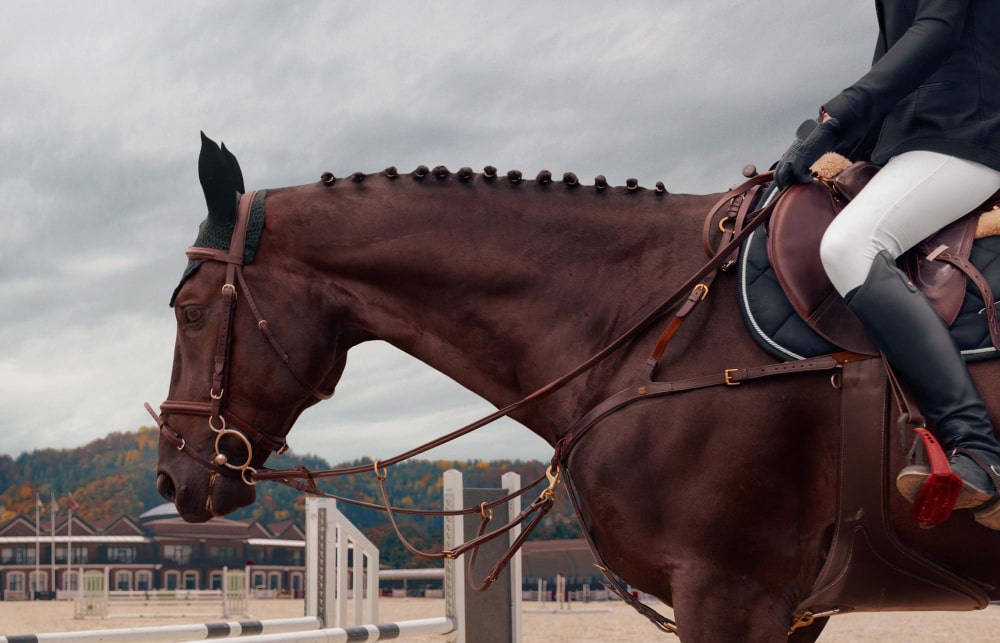
Natural Horsemanship vs Positive Reinforcement: ...

How to Mount a Horse ...
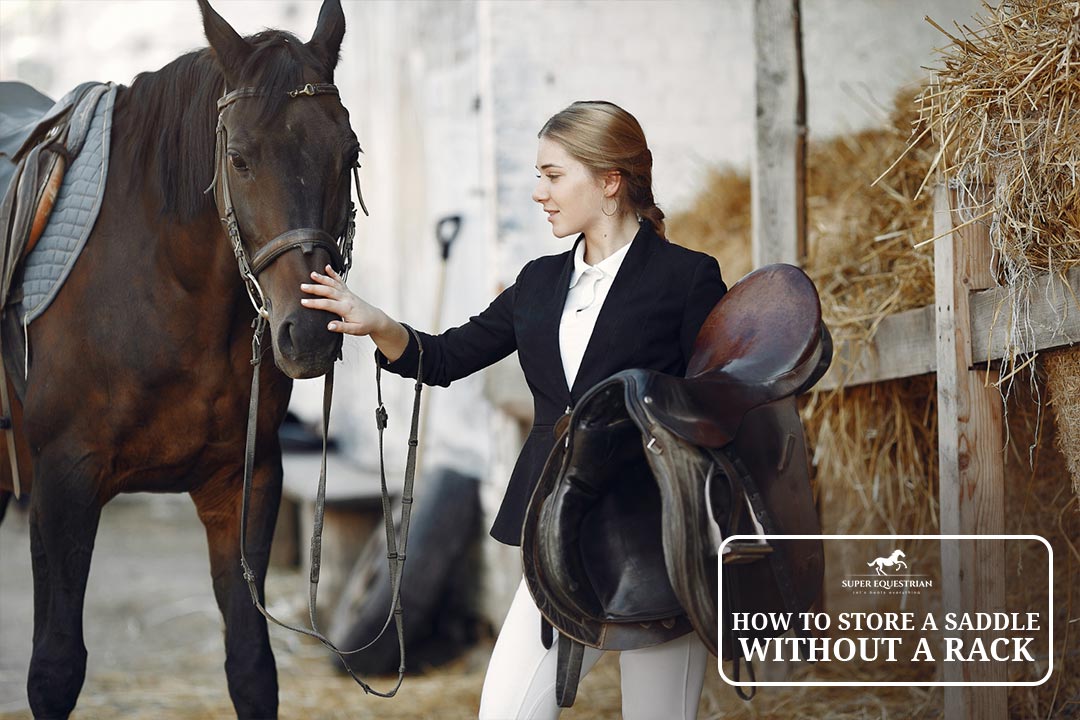
How to Store a Saddle ...
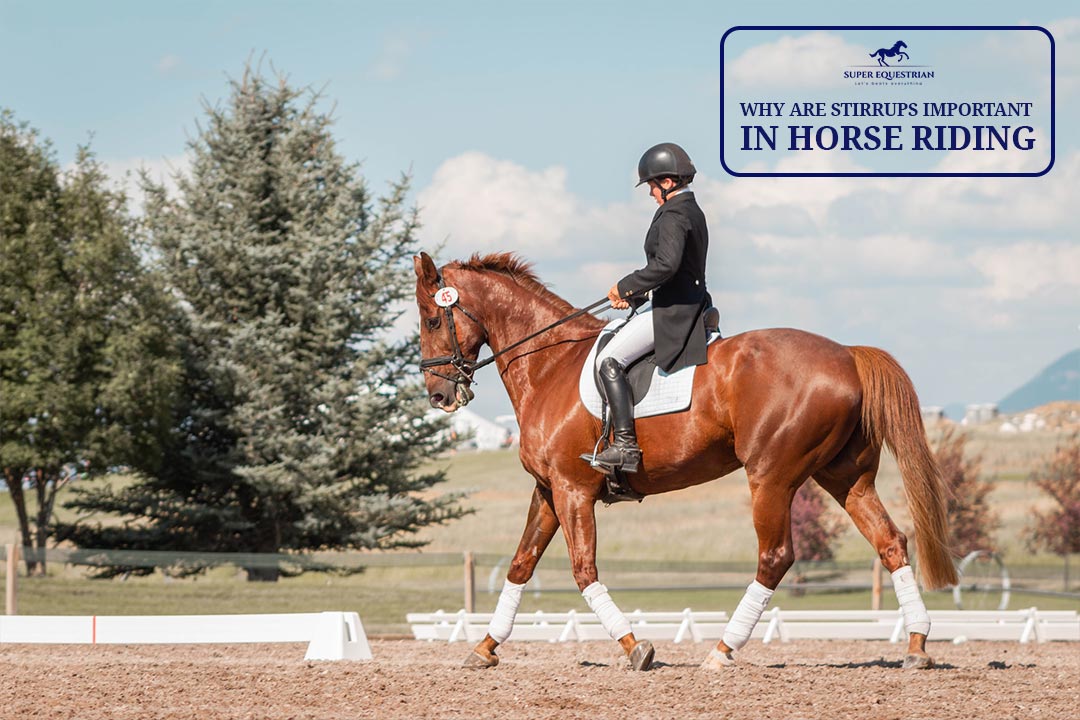
Why are Stirrups Important in ...
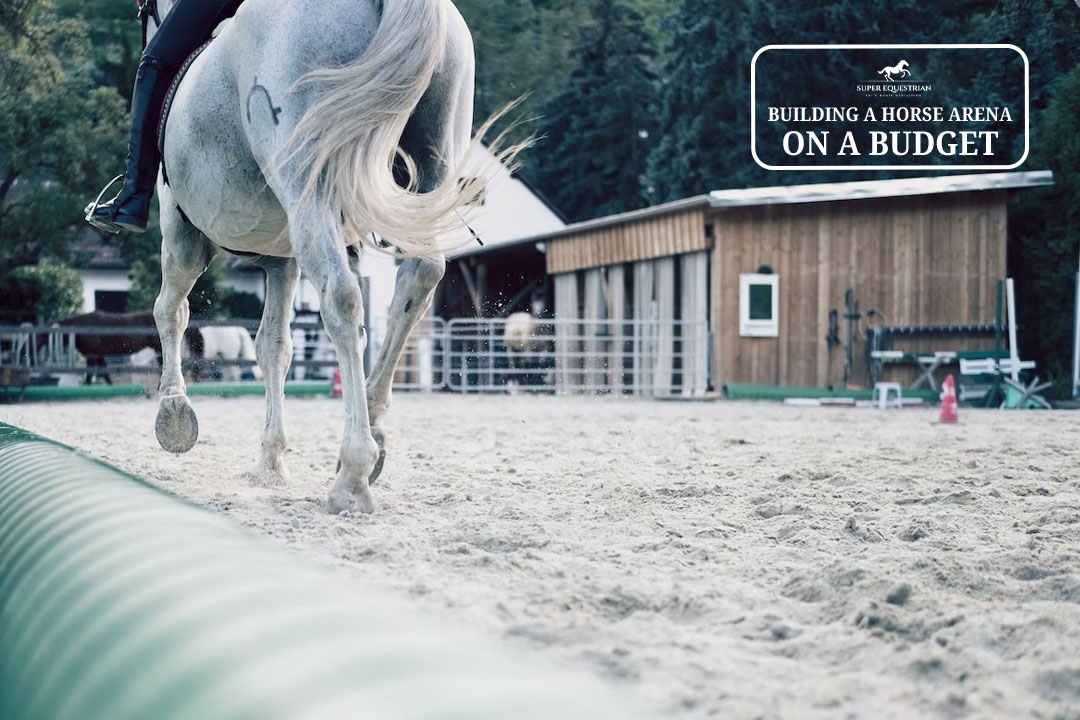
Building a Horse Arena on ...

How to Make Horse Treats ...

Order of Grooming a Horse...

Horse Riding Lessons Plan: The ...

Horse Trailer Roof Replacement and ...
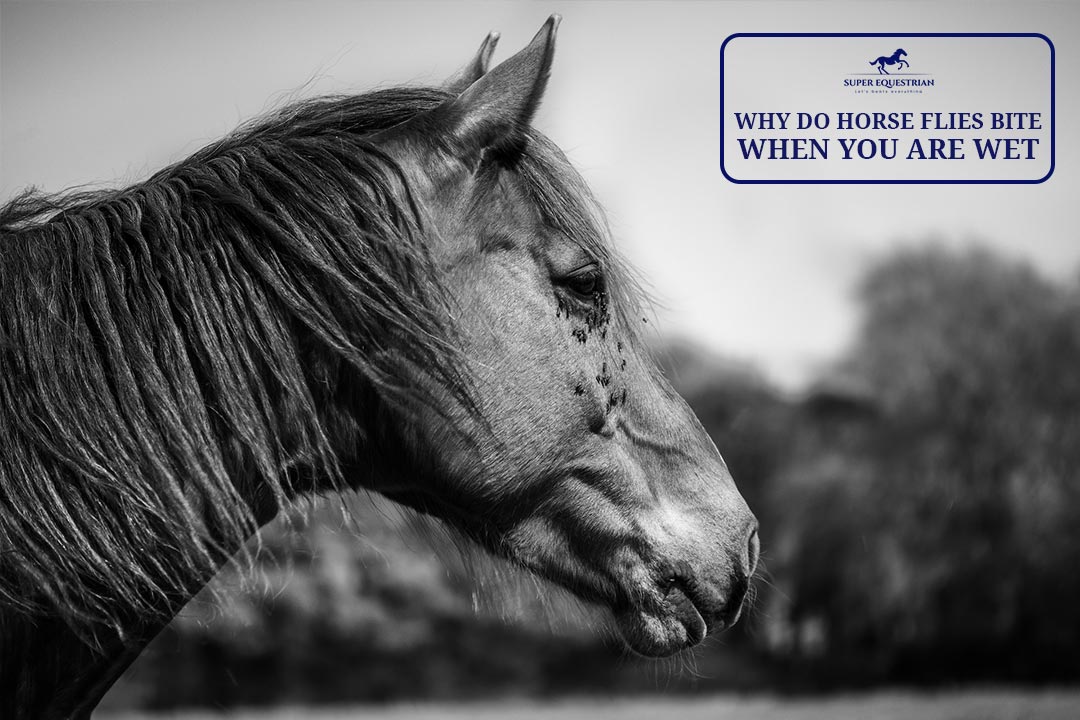
Why Do Horse Flies Bite ...
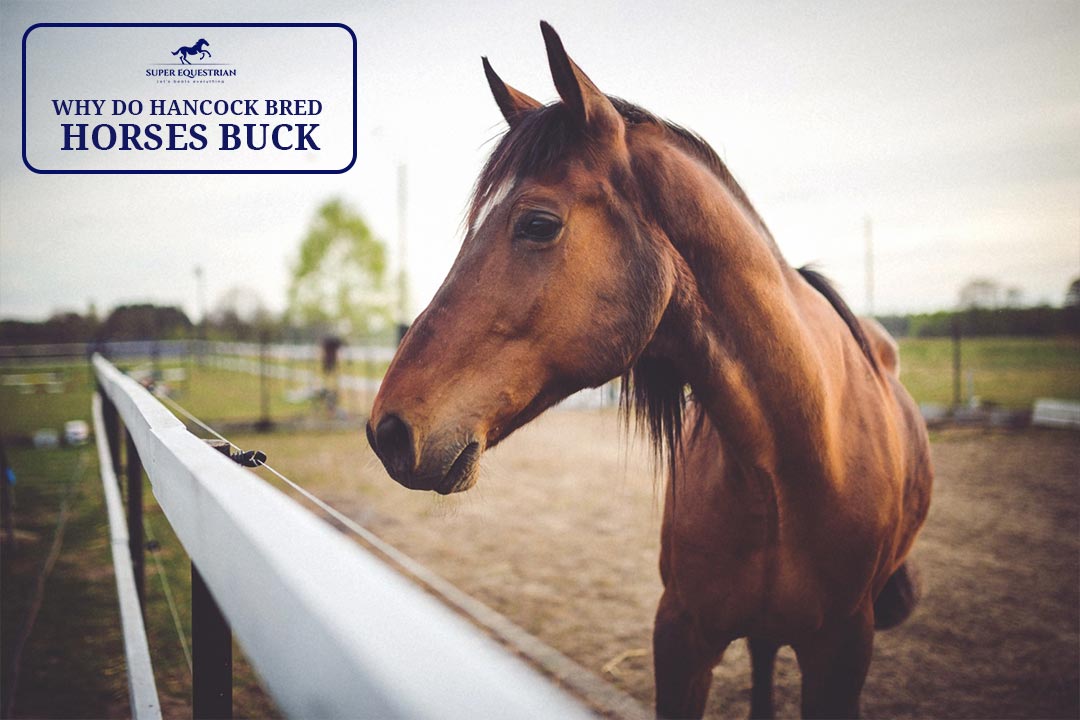
Why Do Hancock Bred Horses ...

Quarter Horse Bloodlines to Avoid...
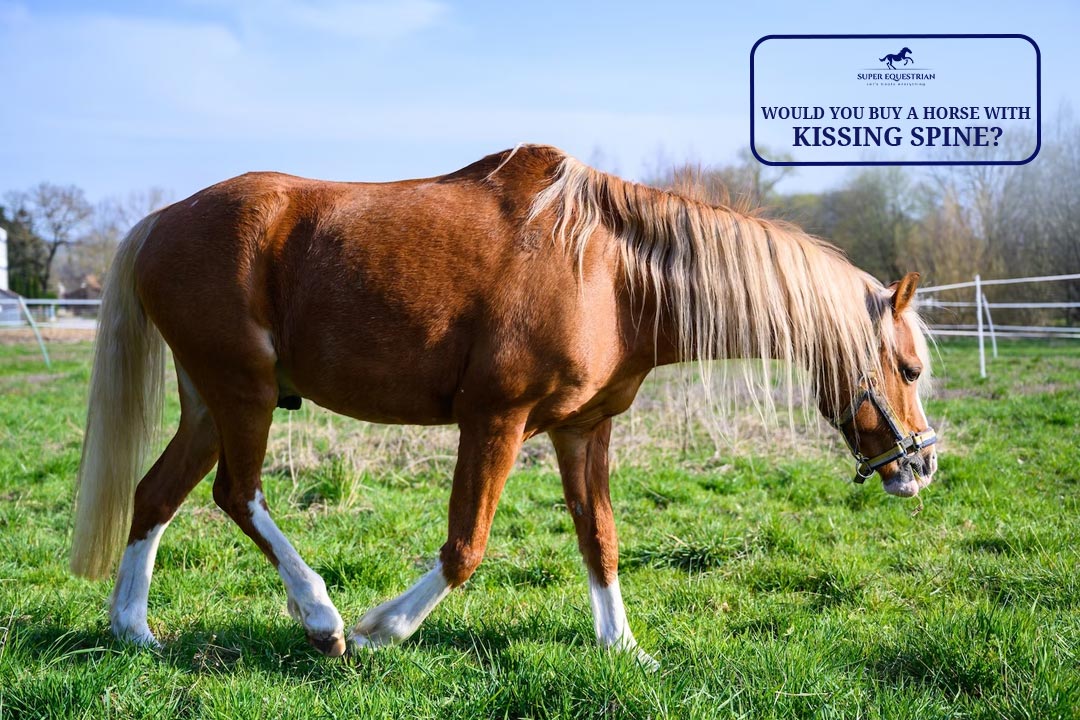
Would You Buy a Horse ...

Why Do Horses Allow Us ...
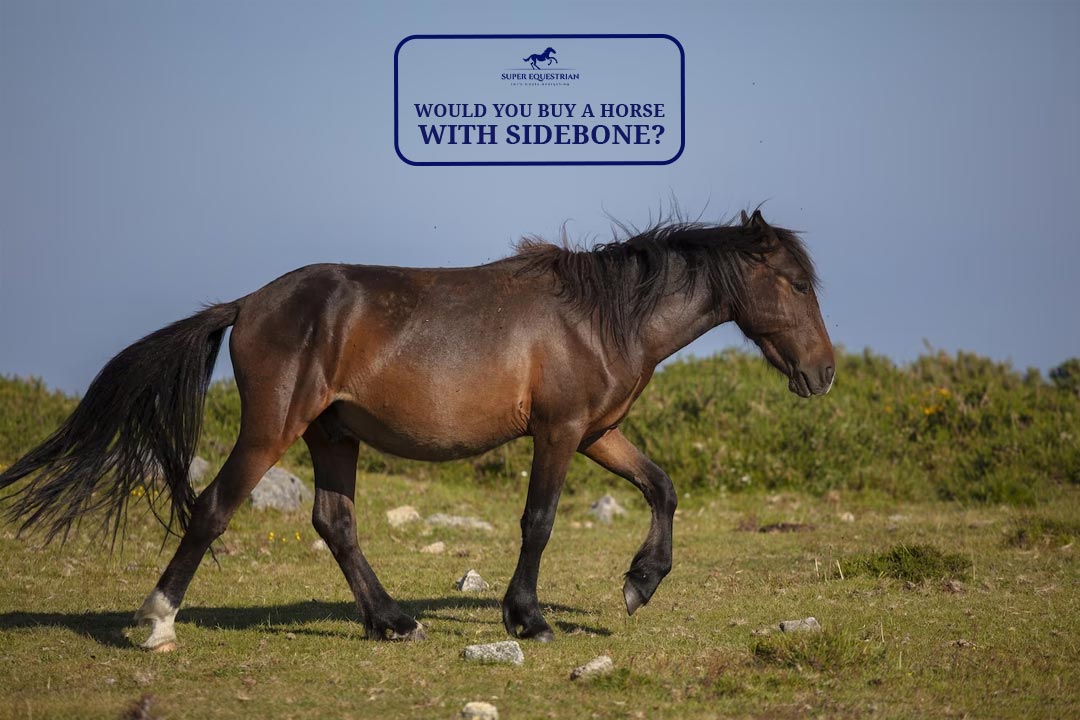
Would you buy a horse ...

Why Are Klapper Bits So ...
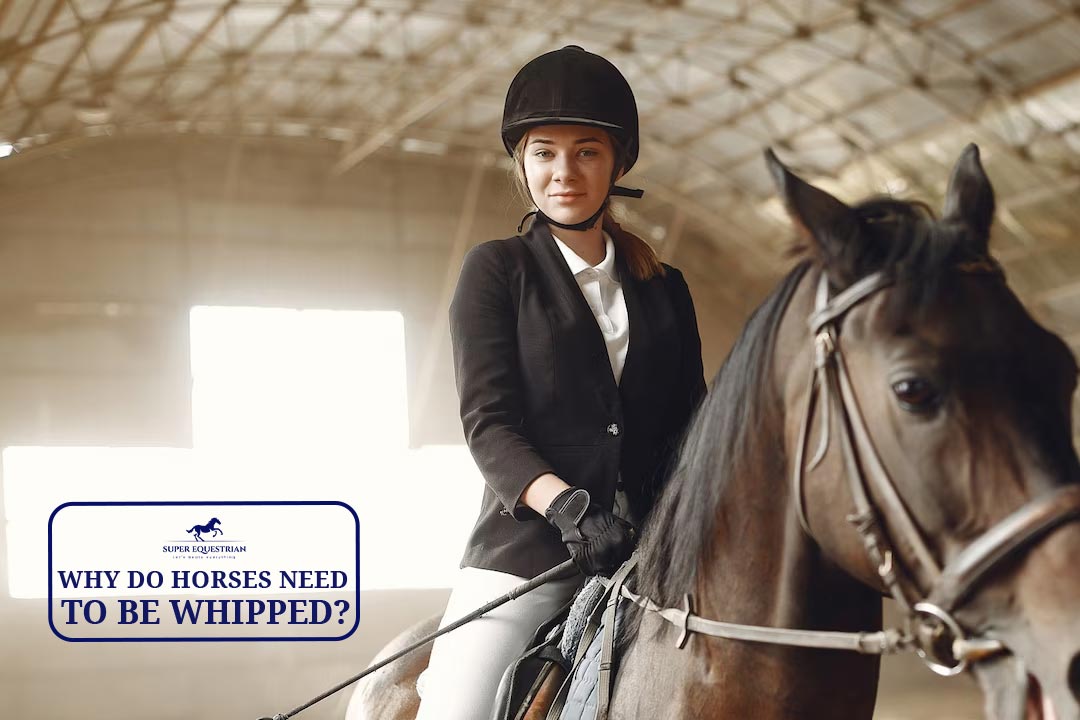
Why do horses need to ...

Why do you mount a ...
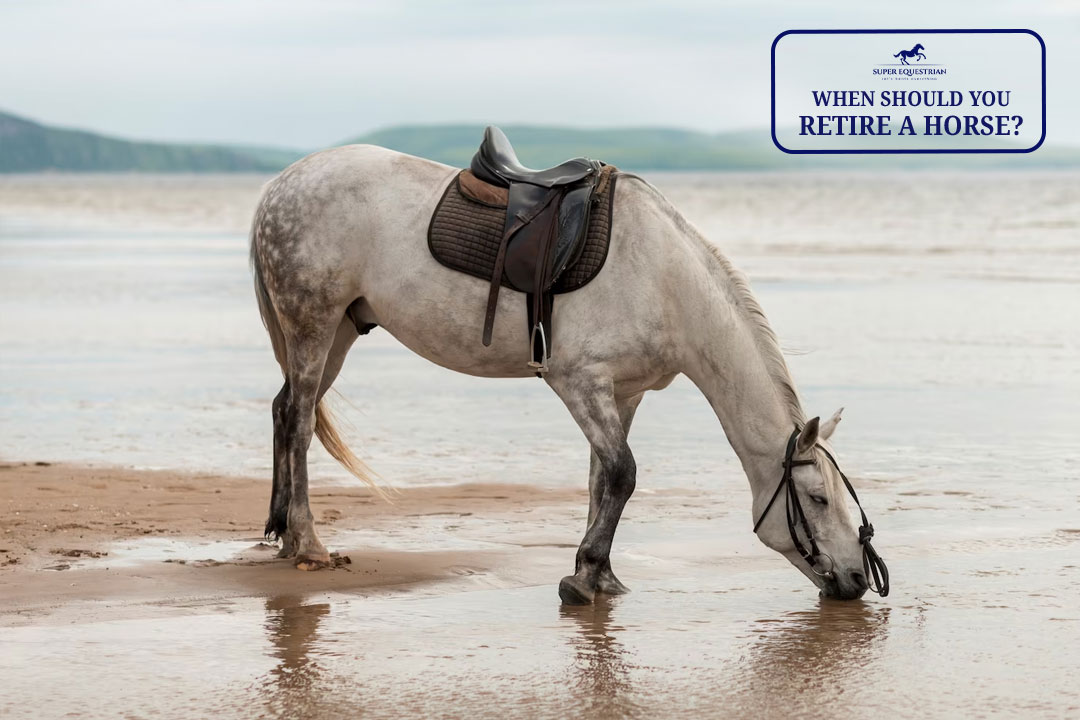
When Should You Retire A ...
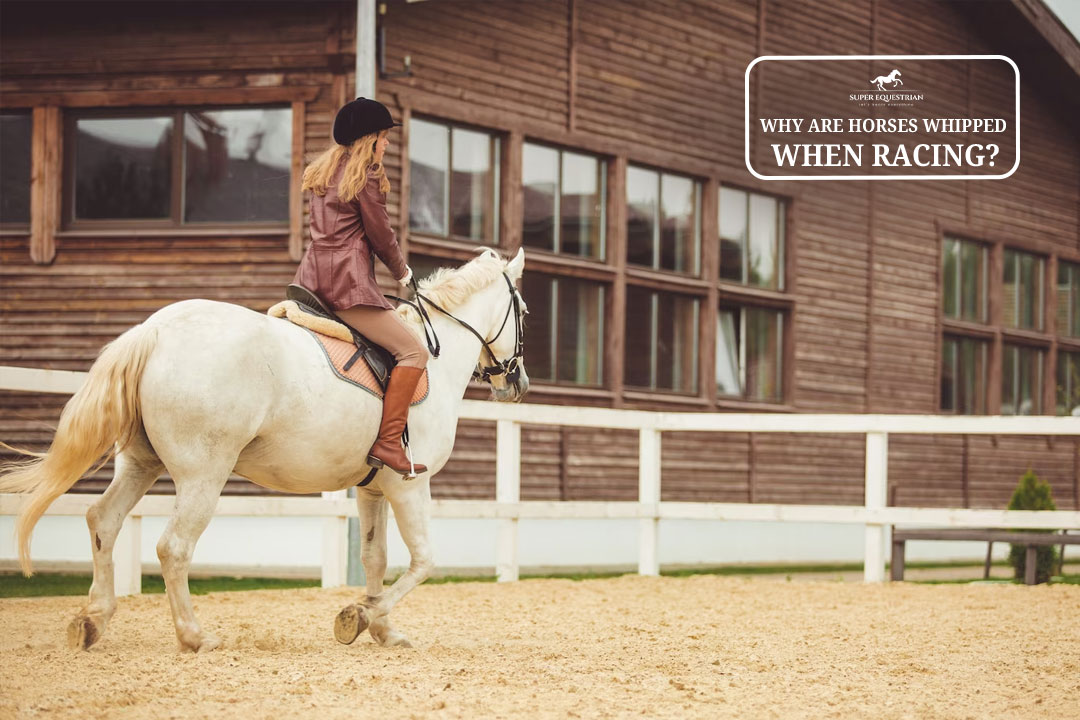
Why Are Horses Whipped When ...
.jpg)
Why Do Horses Have A ...

Why Do Horses Need Their ...

What To Do If Horse ...

What To Do If A ...
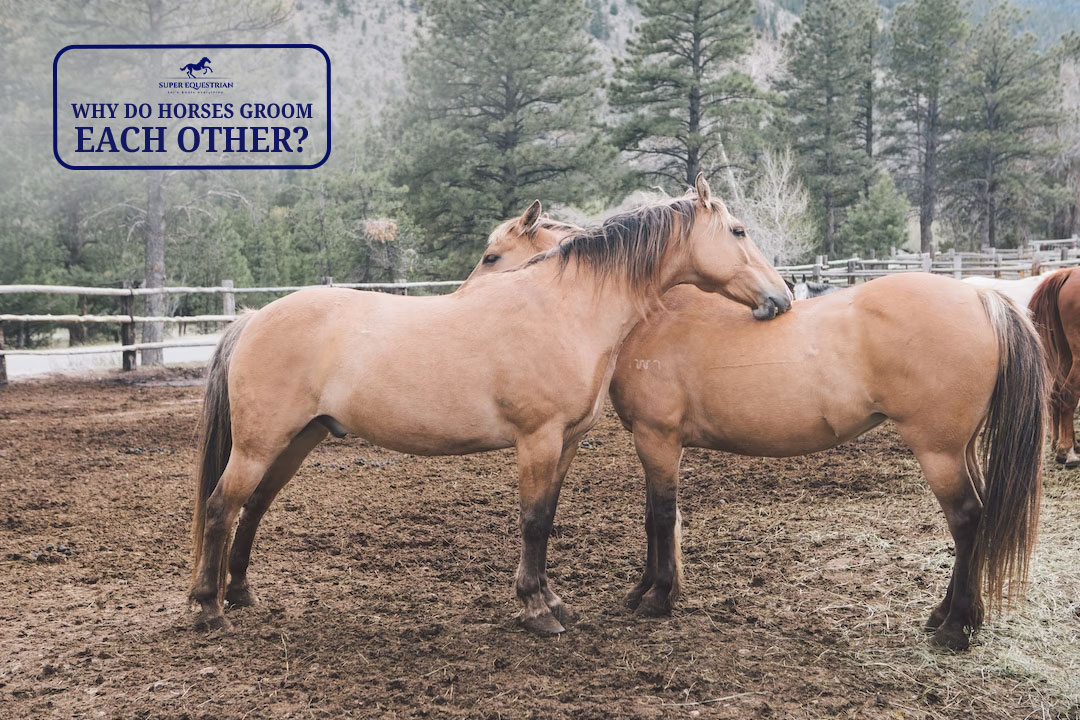
Why do horses groom each ...
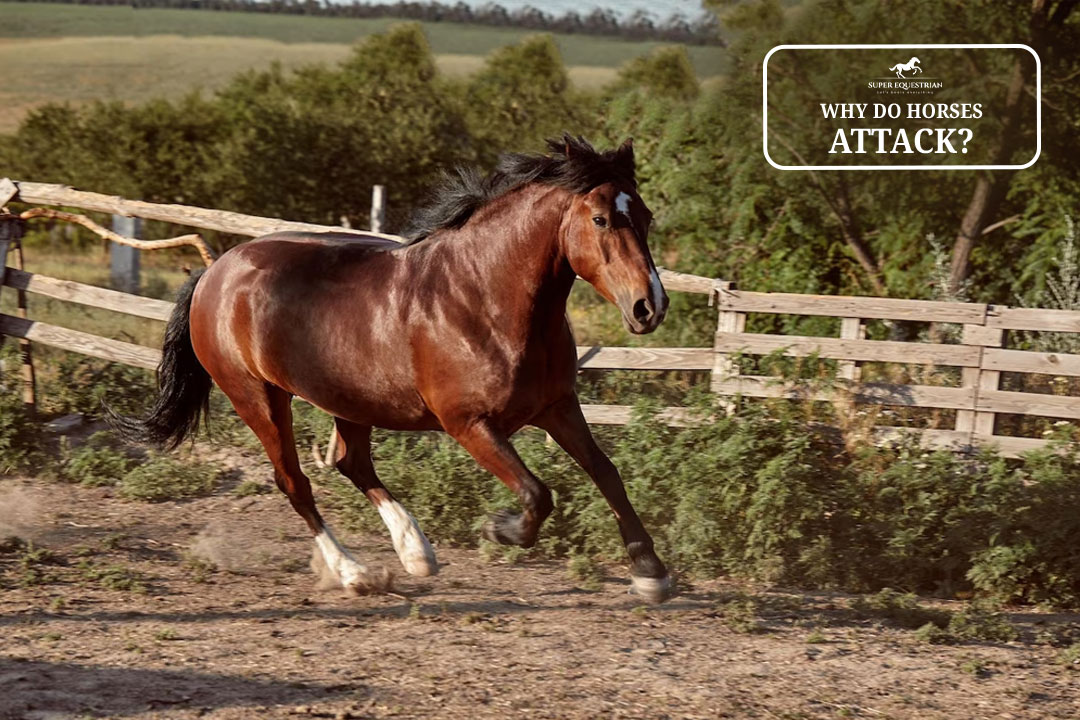
Why do horses attack...

Should I Use a Martingale ...

How to fit bell boots ...
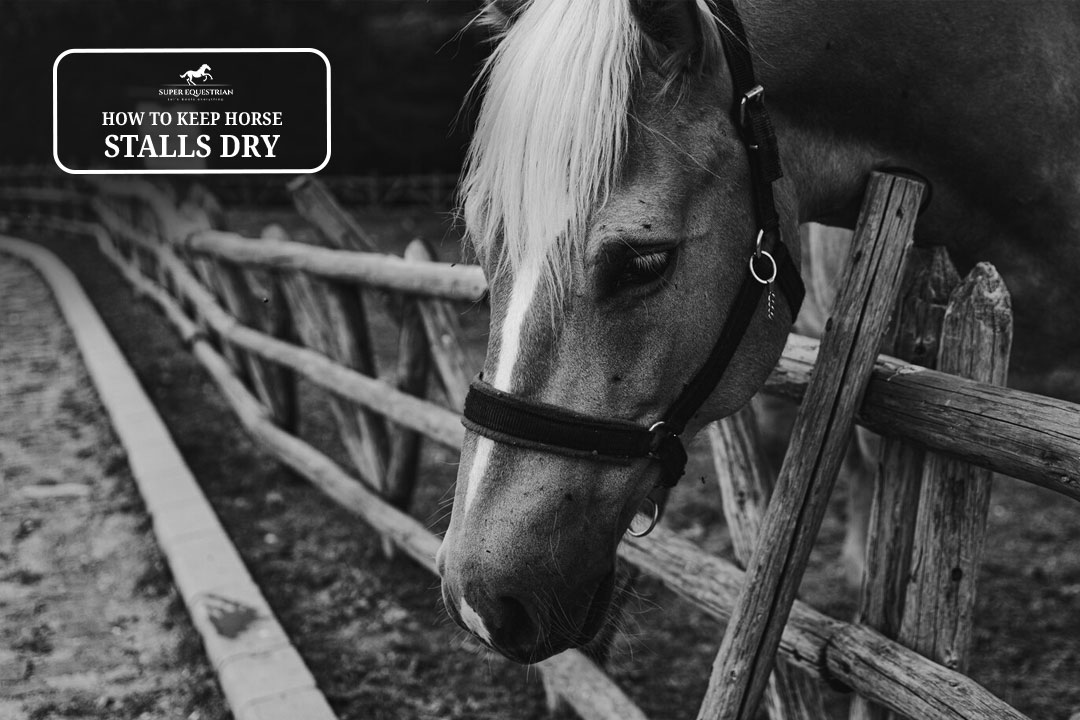
How To Keep Horse Stalls ...
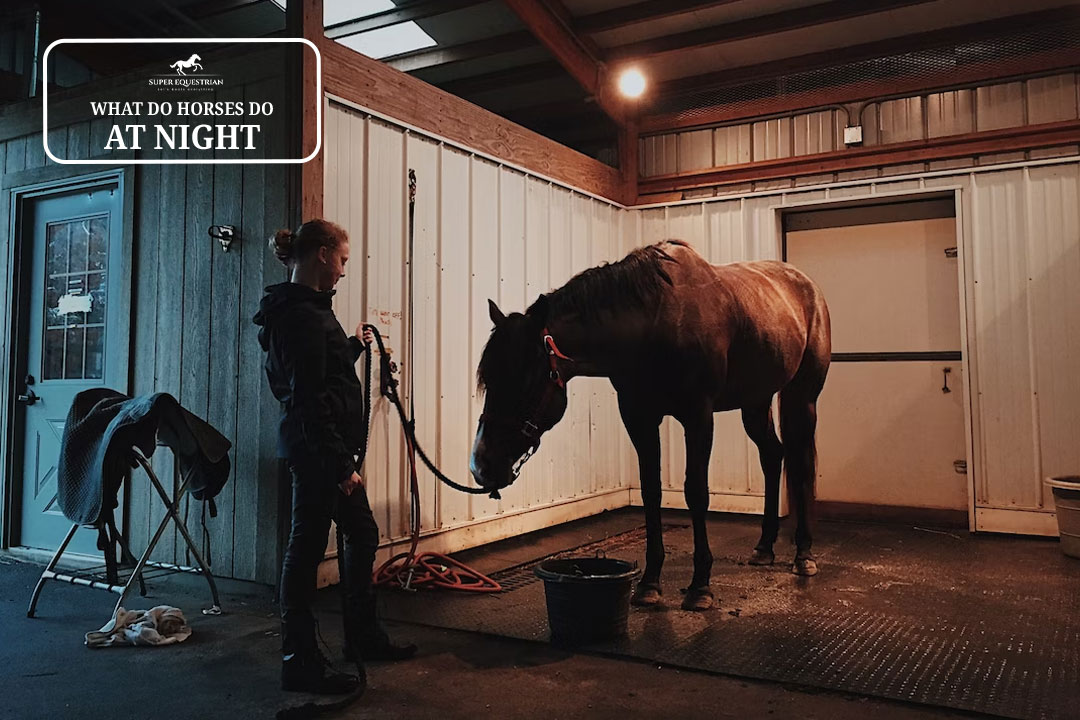
What Do Horses Do At ...
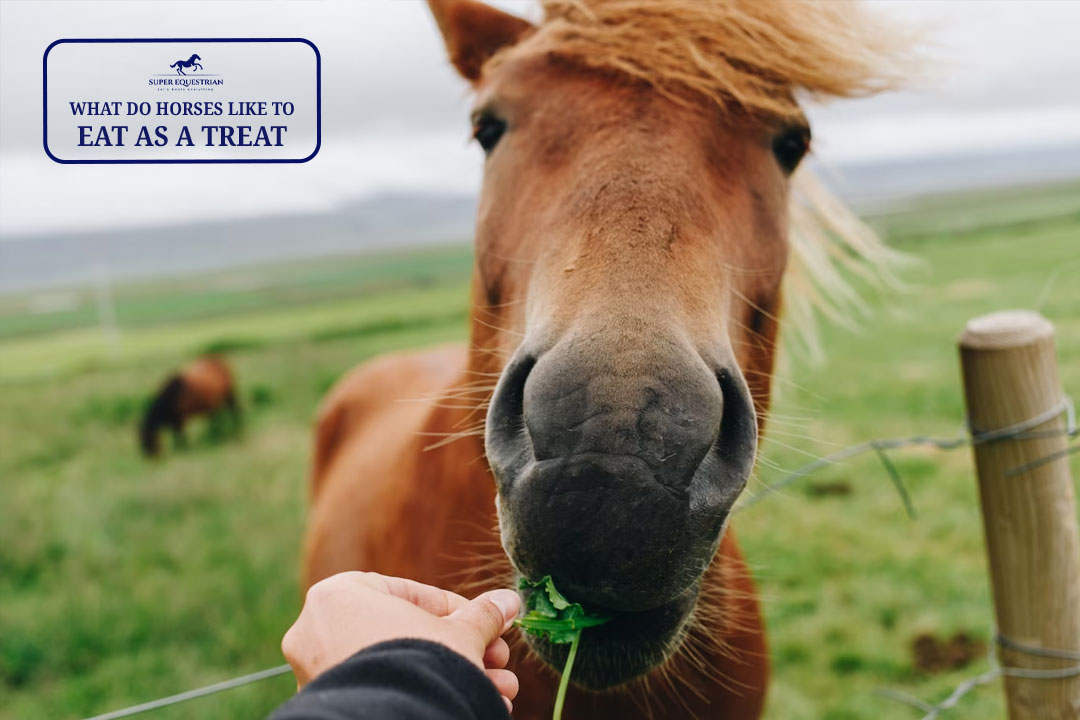
What do horses like to ...

Why do wild horses get ...
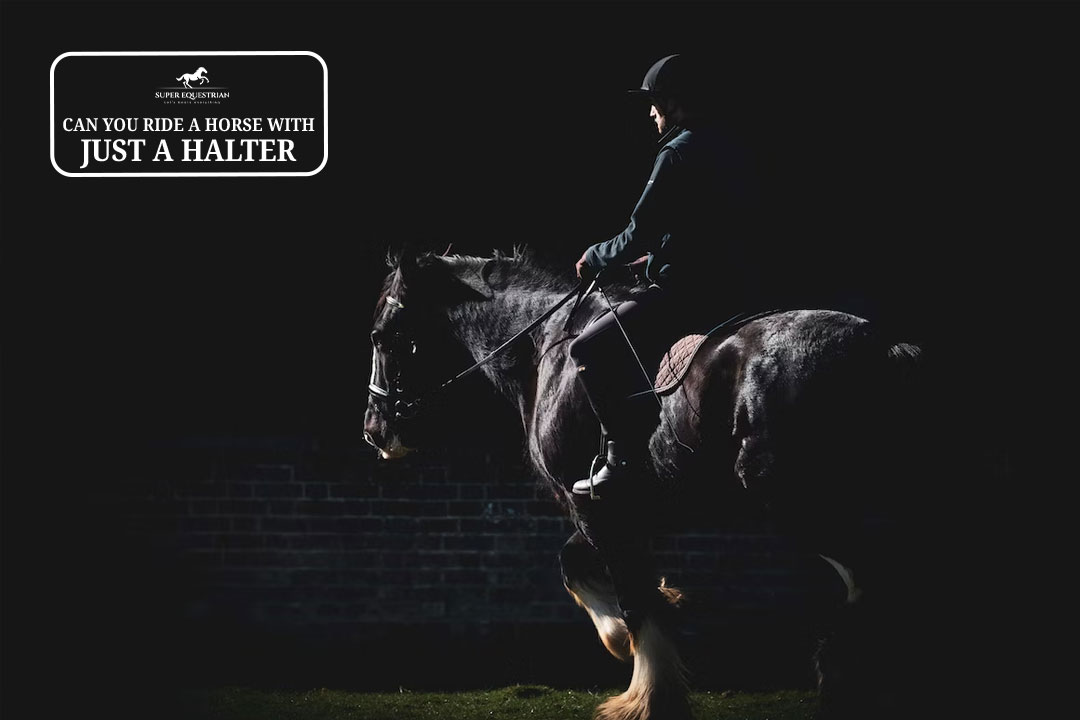
Can you ride a horse ...
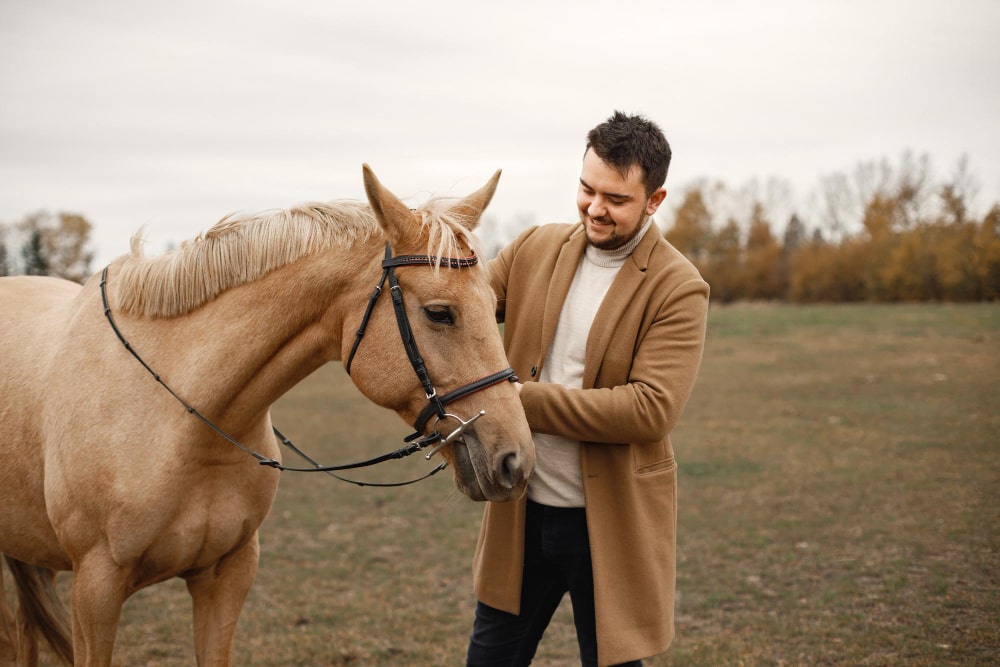
Are horses protective of their ...
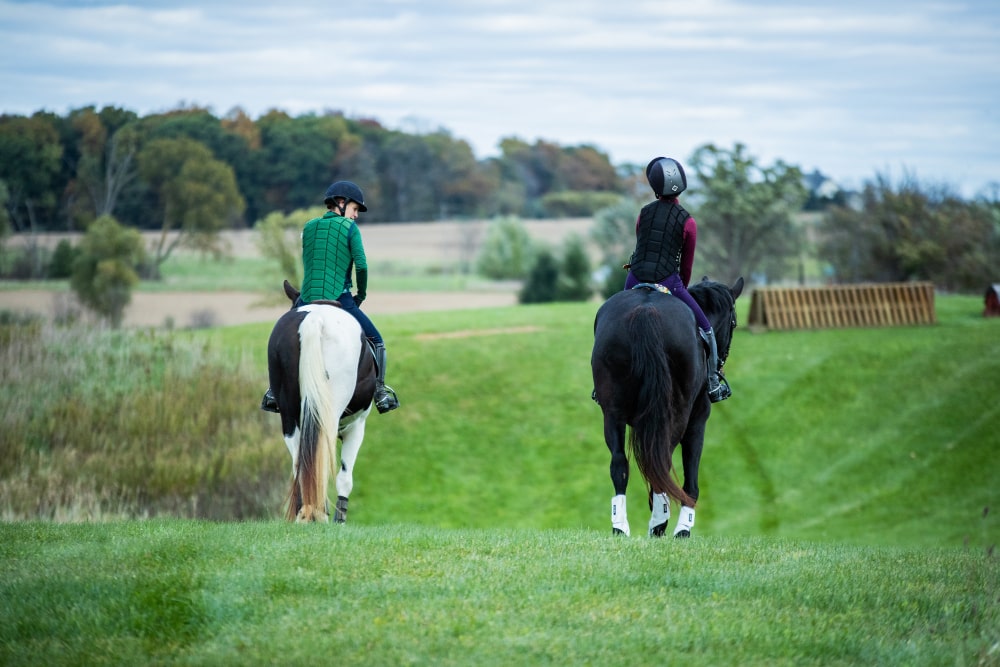
Why racking horses are popular ...
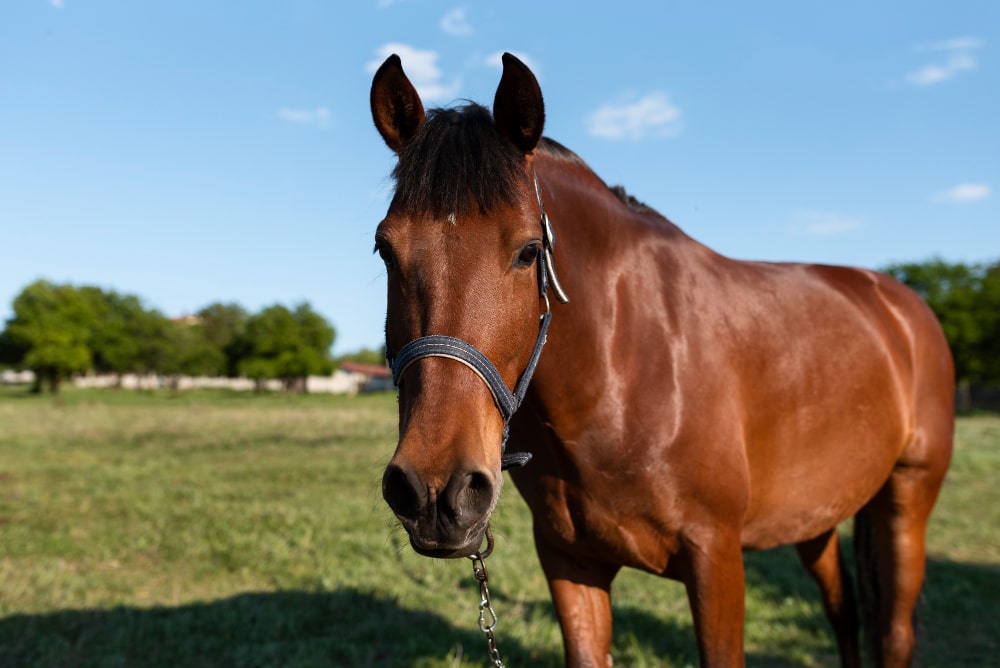
How To Keep Horses Off ...
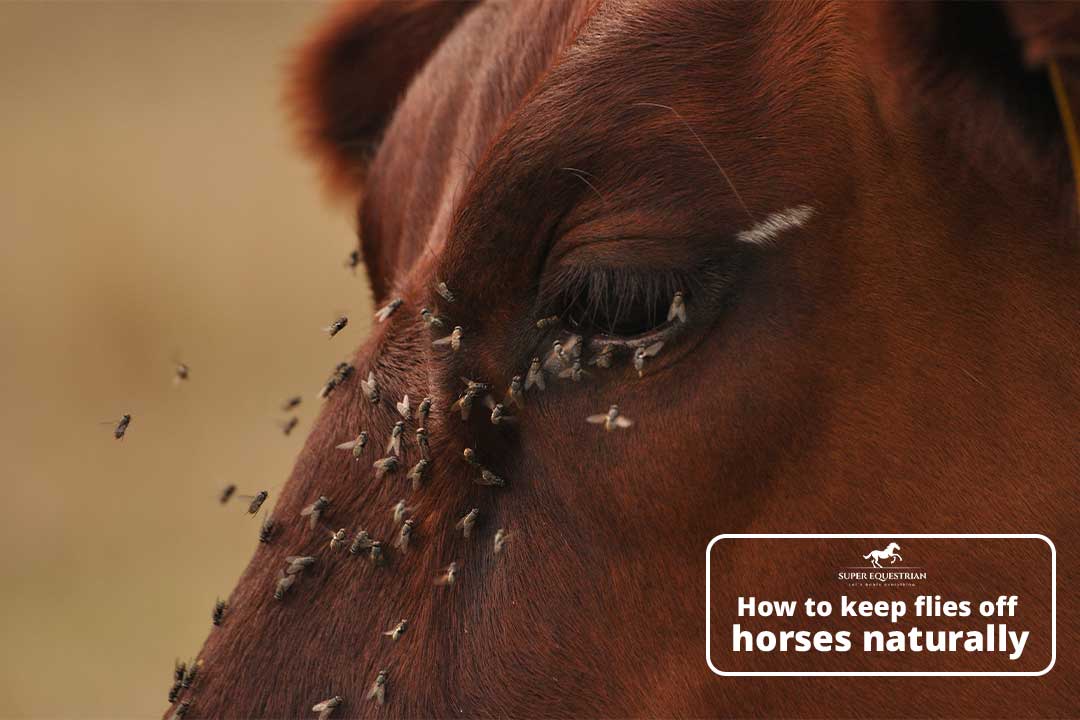
How to Keep Flies Off ...
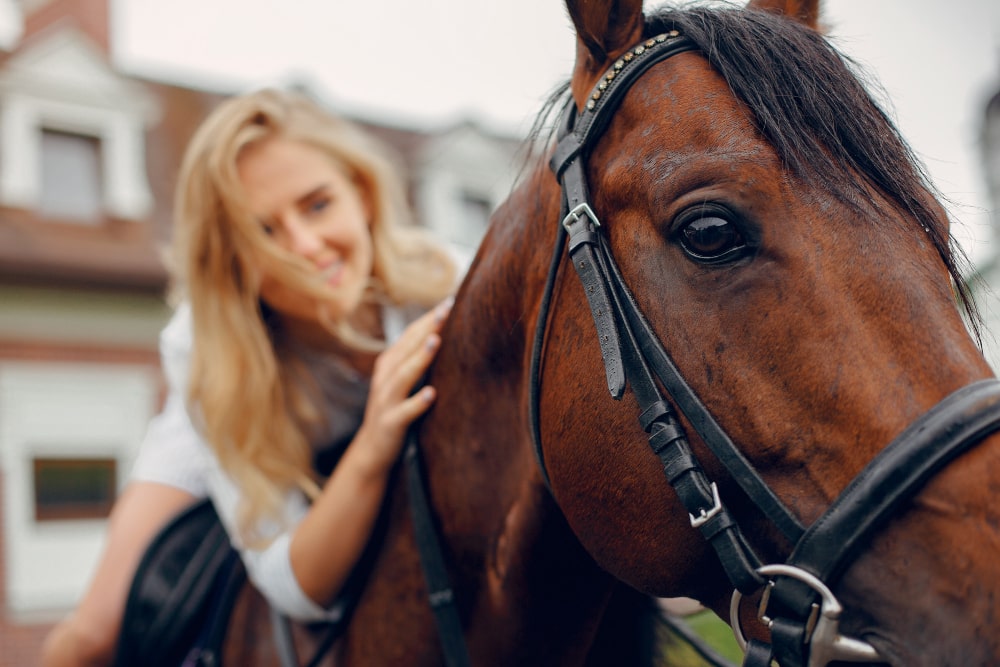
Pros and Cons Using A ...
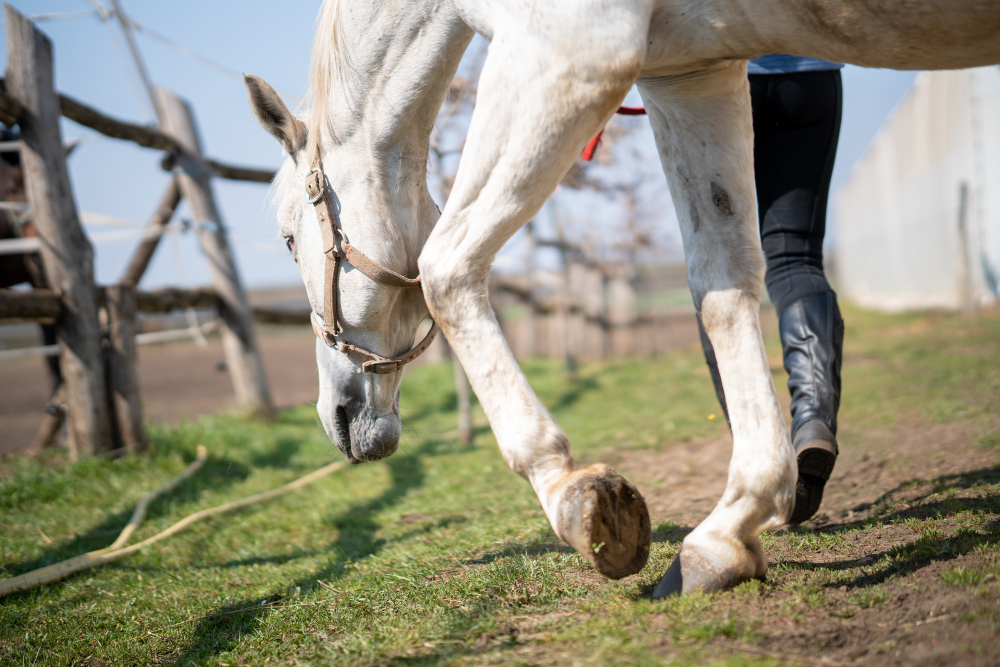
Can you ride a horse ...

Why are Corriente saddles so ...
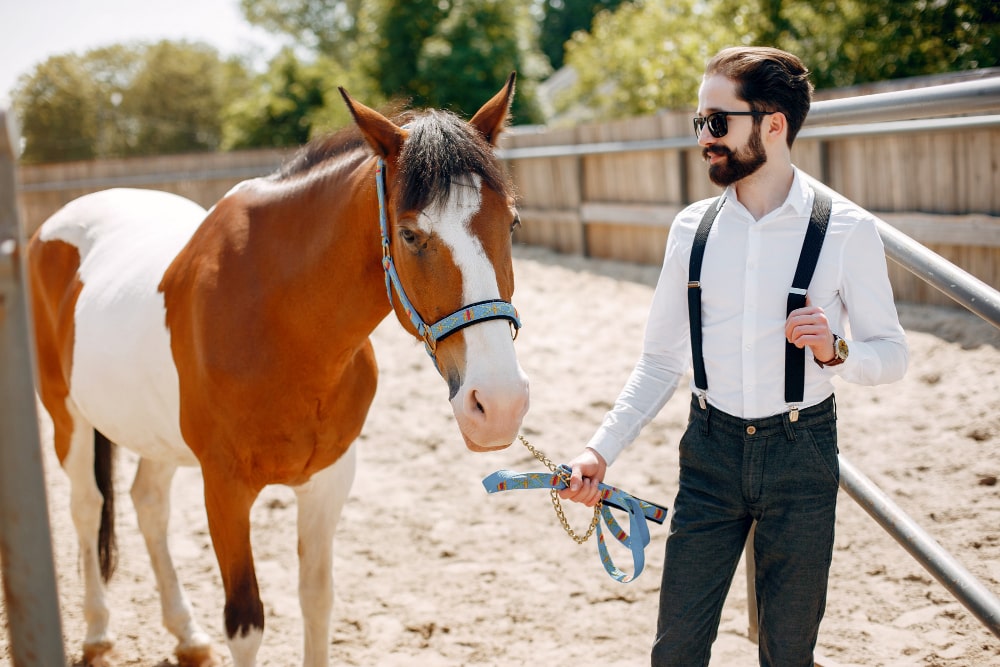
Pros and cons of equine ...
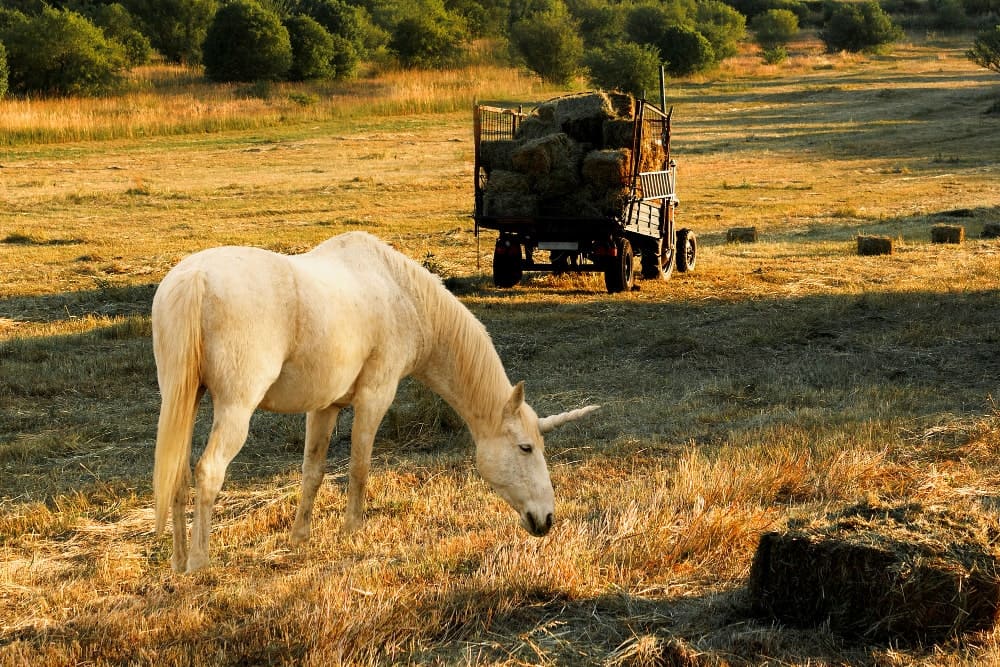
How Long After Mowing Can ...

How to Care for a ...
.jpg)
Why Do Horses Wear Blinders: ...
.jpg)
How to fit an exercise ...

Why is my horse bucking ...
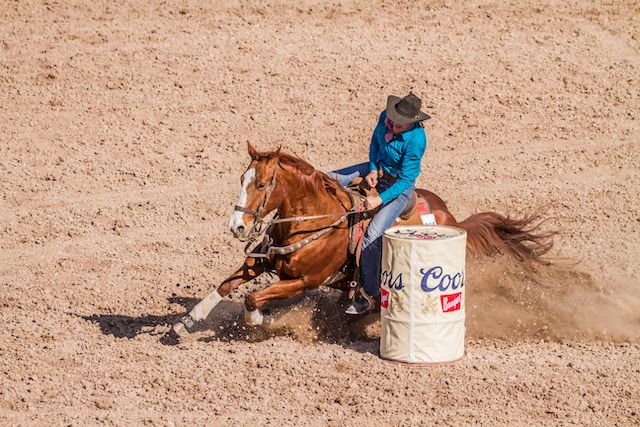
What causes a horse to ...
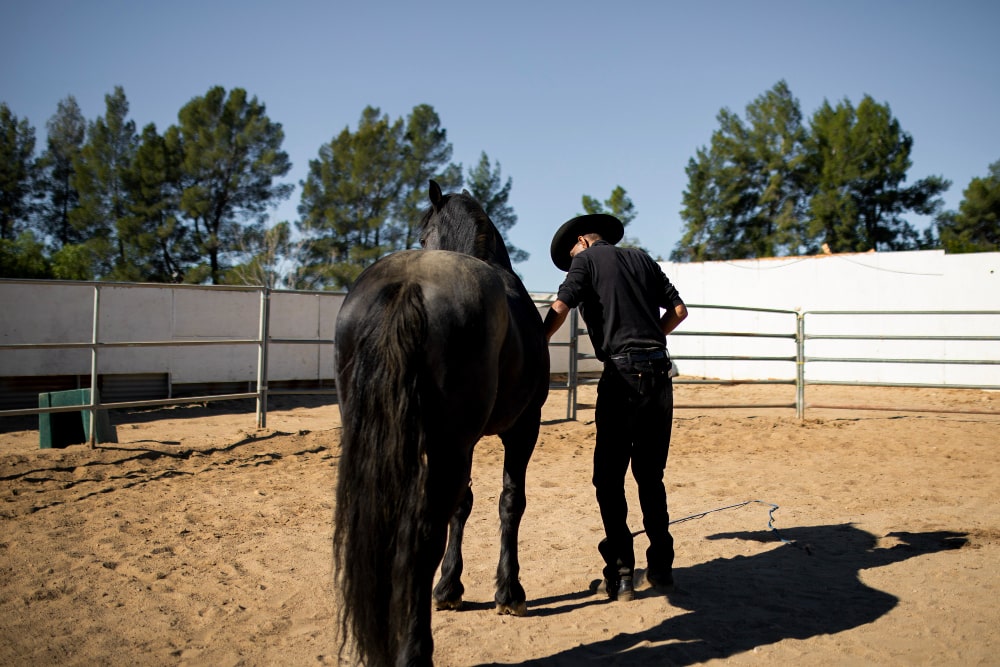
How to Stop a Horse ...
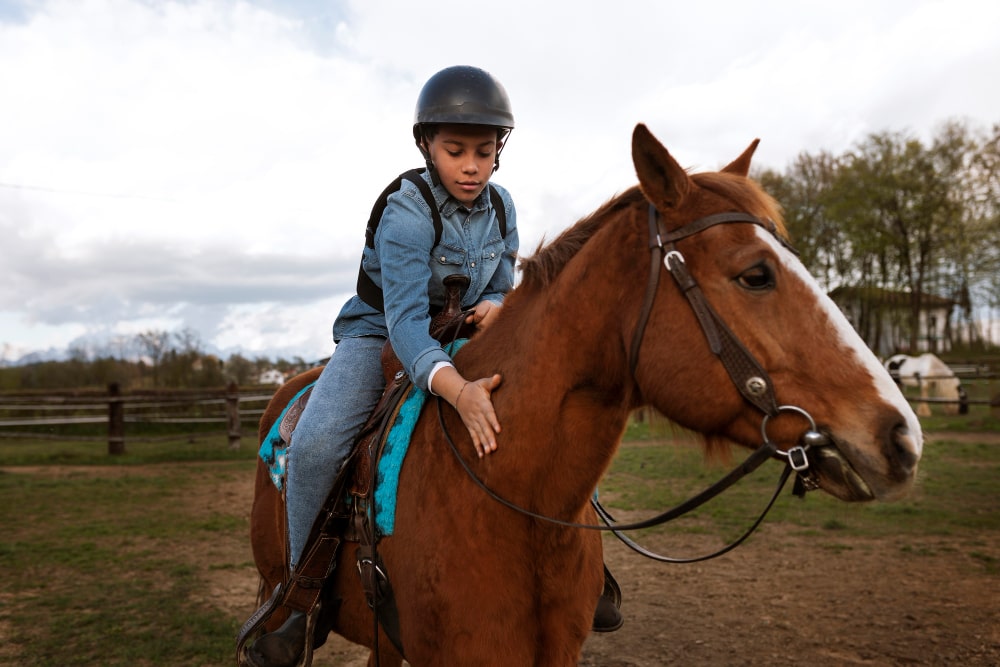
Why Is My Horse Bunny ...
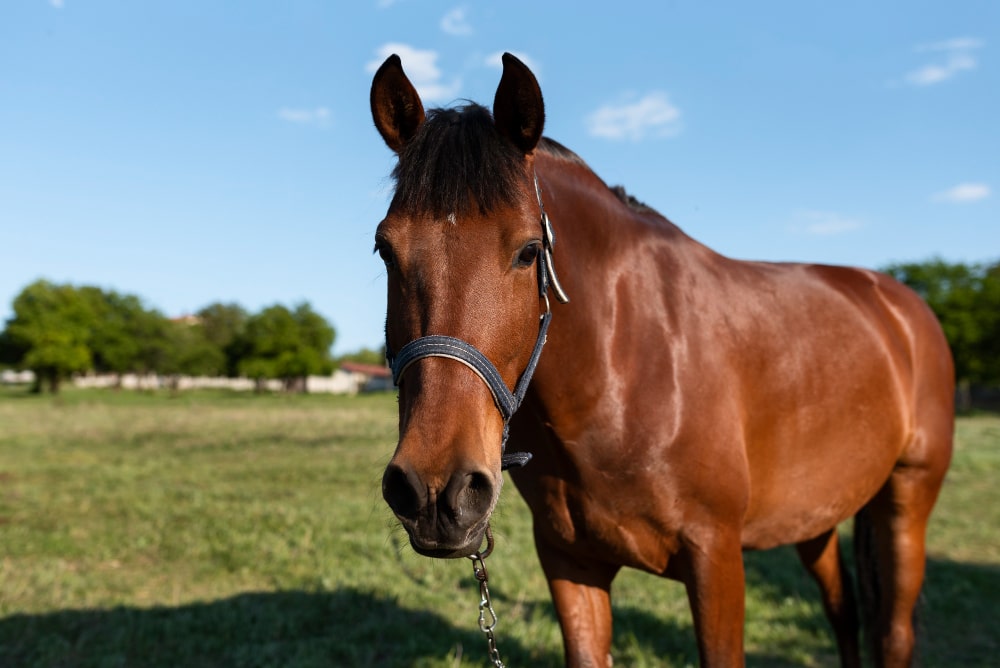
How To Improve Pasture For ...
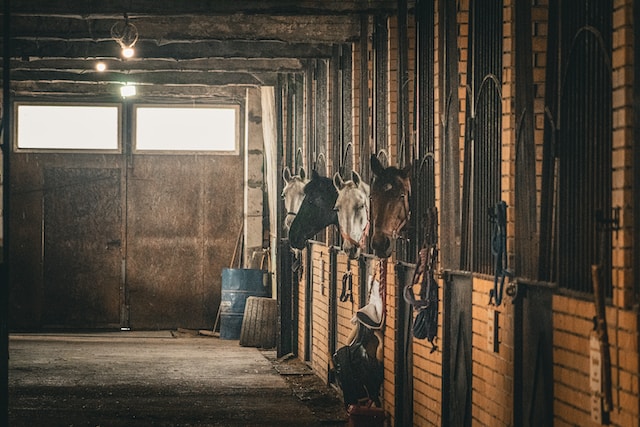
How to get the smell ...

Can you add ramp to ...

What Is The Temperament Of ...
.jpg)
Why Is Friesian Horse Hair ...
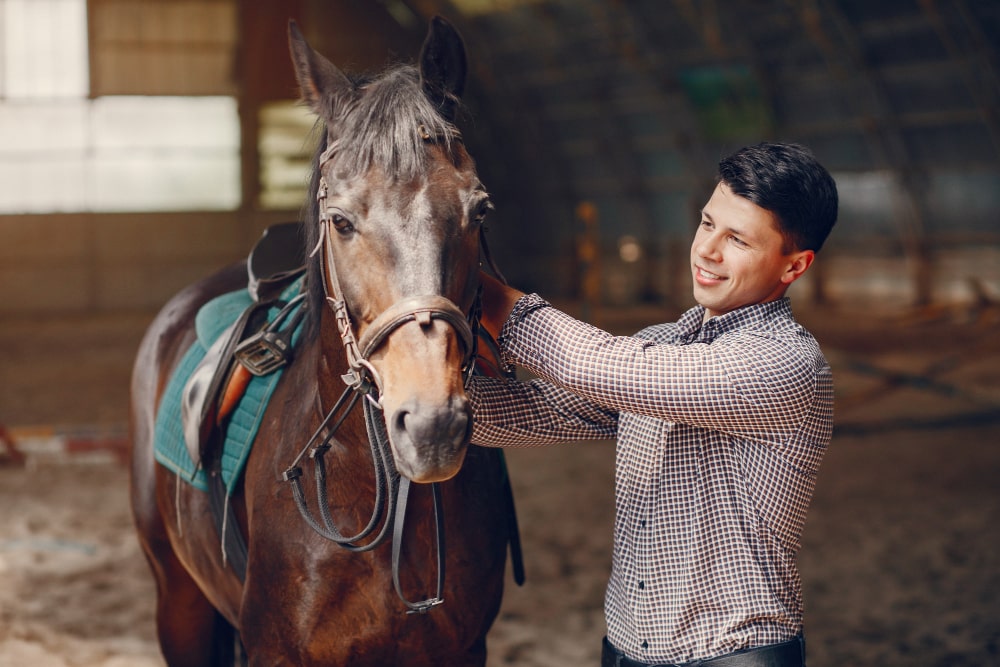
Why is my horse testing ...
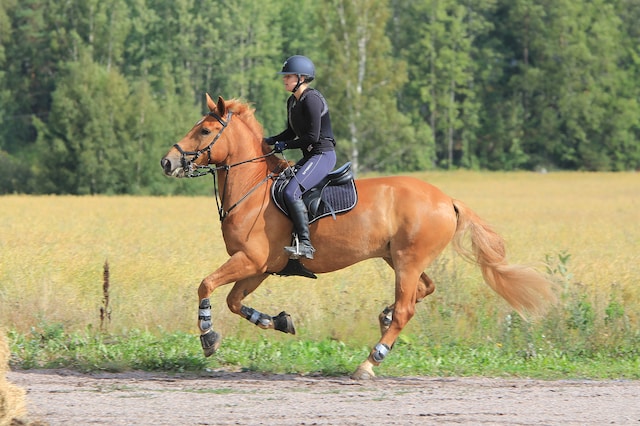
How often you should take ...
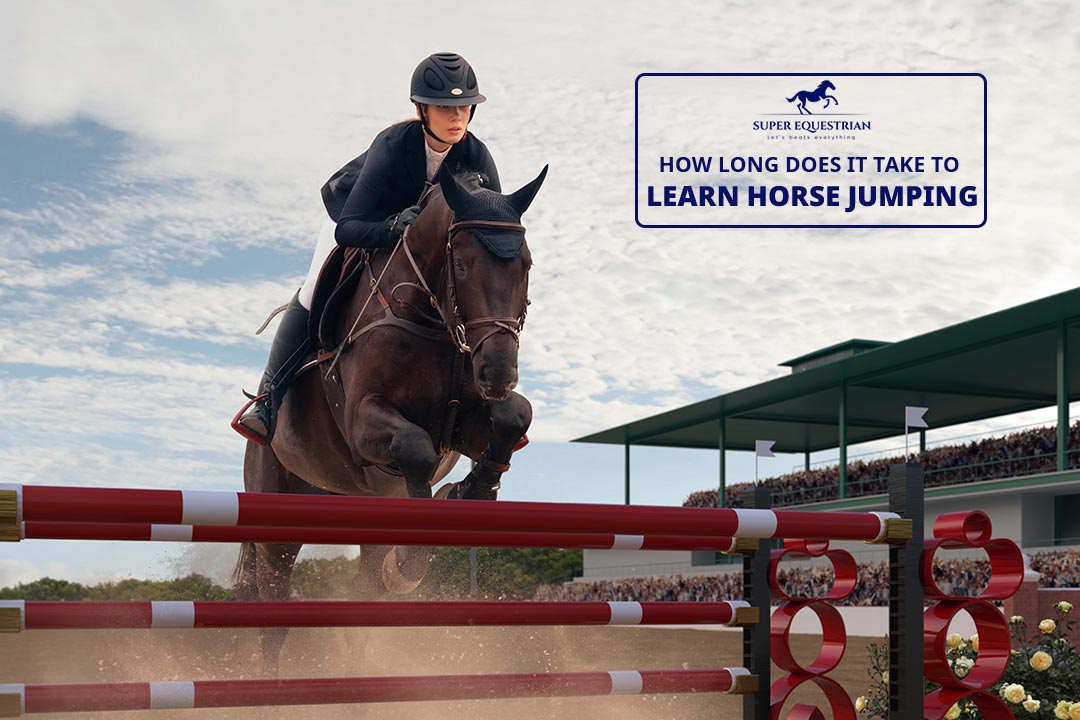
How long does it take ...
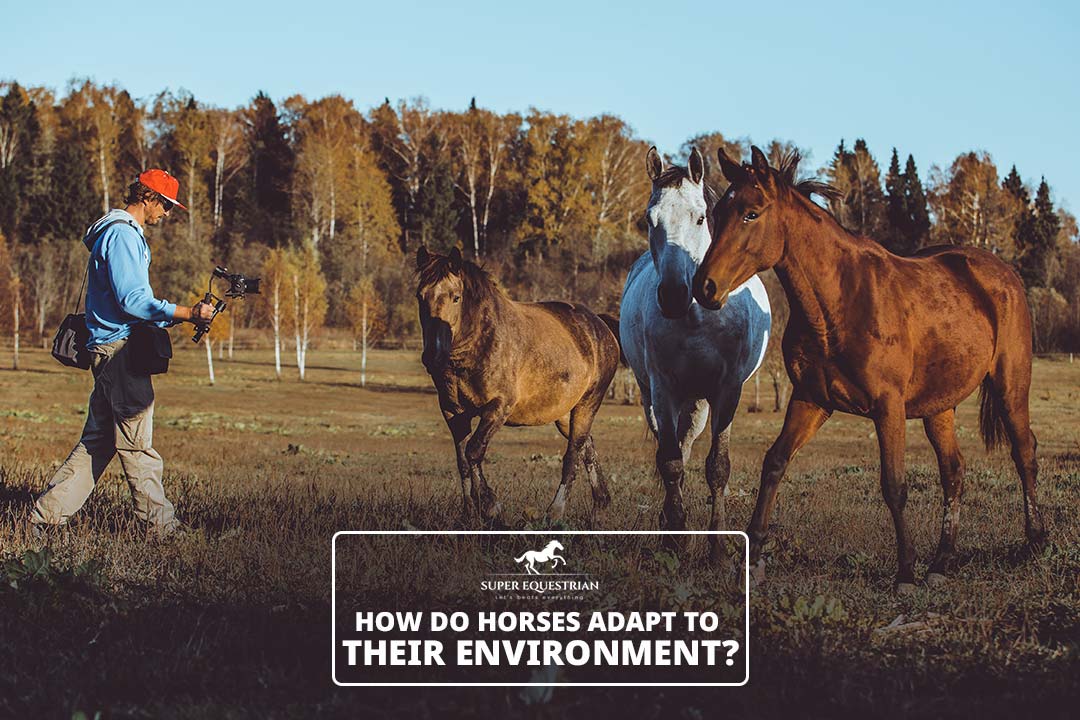
How do horses adapt to ...

How To Prepare For A ...
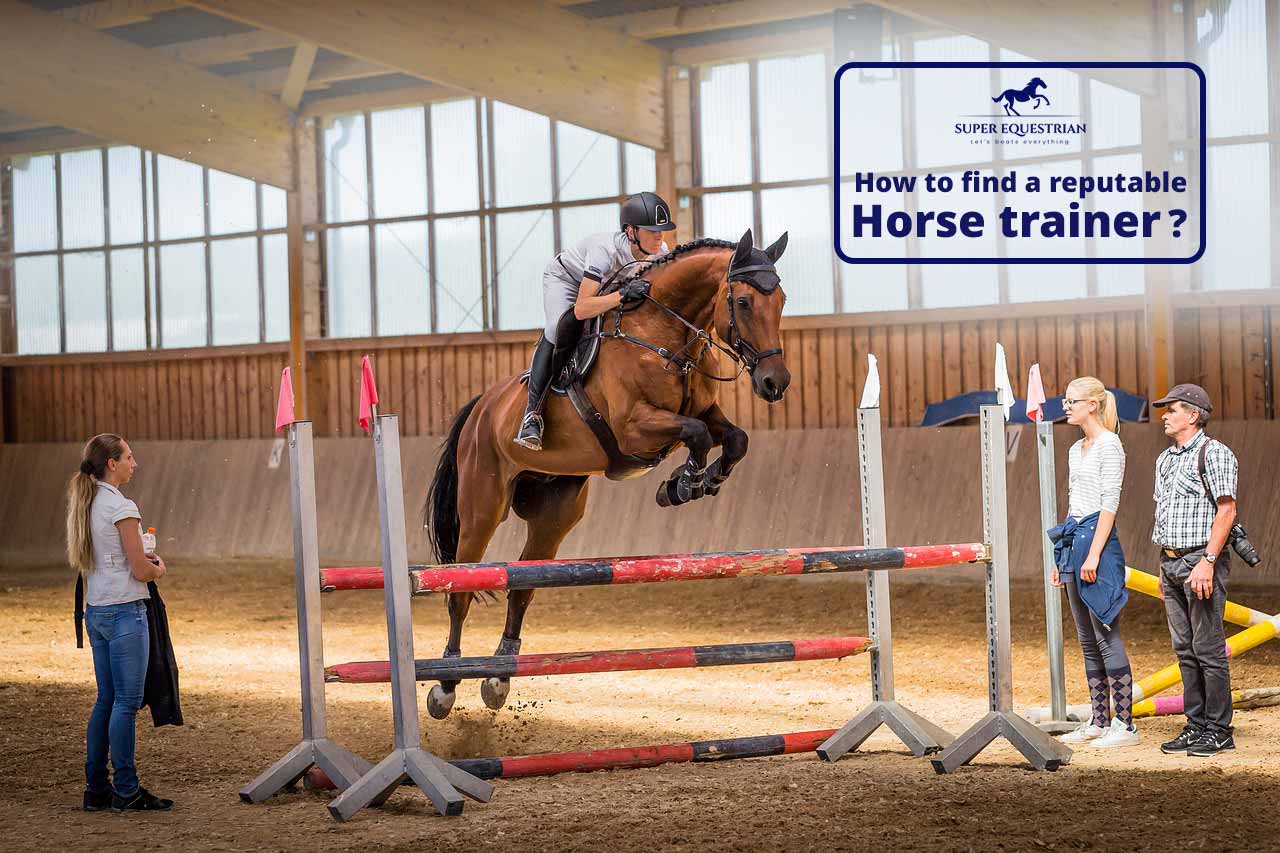
How To Find A Reputable ...
.jpg)
Do Horses Get Medals at ...

How to create a horse-...